Movies I Watched February 2025

Takeshis’ - dir. Takeshi Kitano
I went into this with an open mind as a Kitano fan and was left mostly bored. Occasionally funny but never as interesting as it thinks it is. 5/10.
-
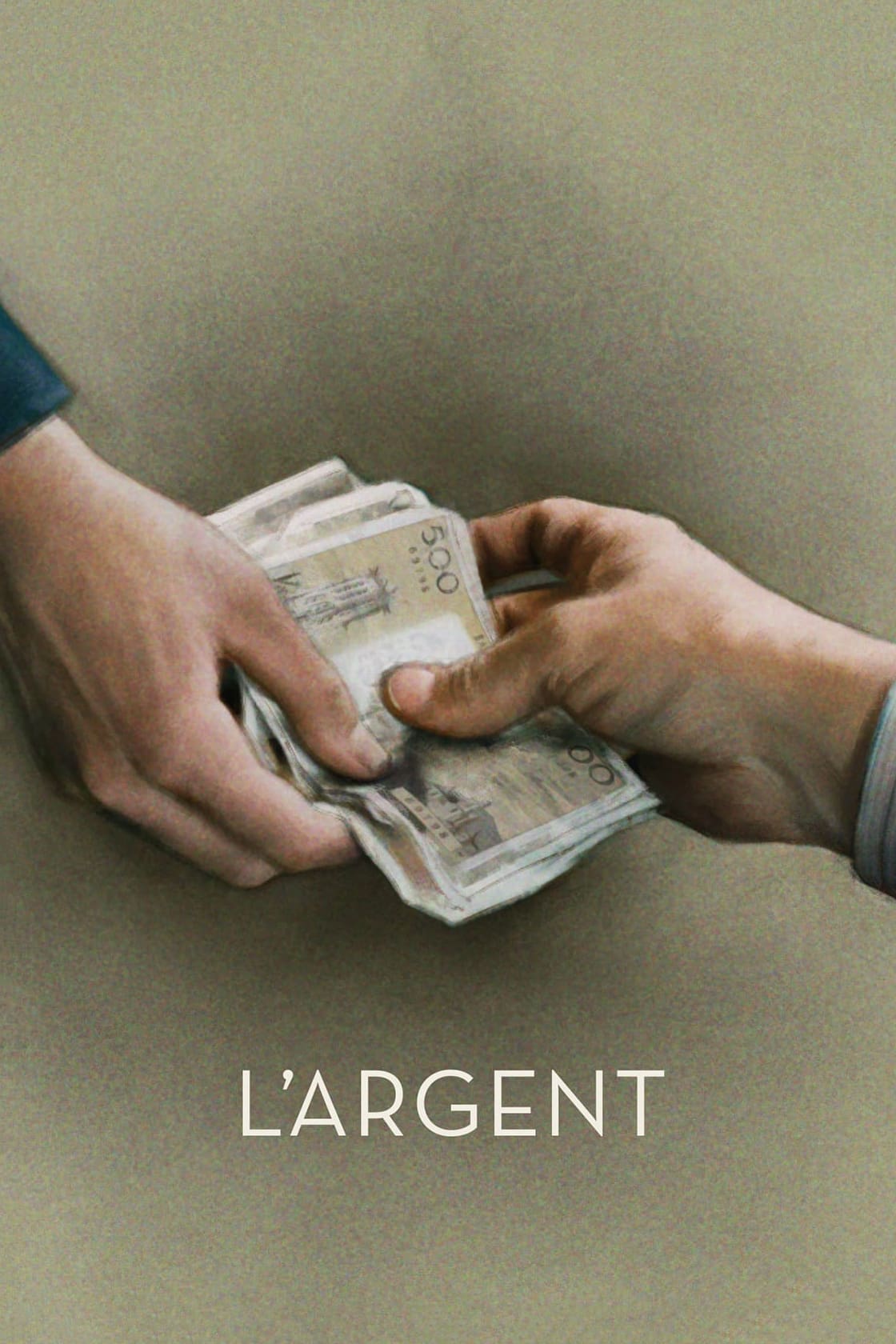
L’Argent - dir. Robert Bresson
A study of consequences.
Example: A man hits his wife. Does Bresson show us the slap? No he shows us her glass spilling over.
His films are tightly logical, in a way that would suggest an absence of free will.
I think I appreciated this movie a LOT more than I connected to it. Philosophically I find truth in it, the idea of free will has always seemed a little bit like bullshit to me.
I can also see, off this film, why a raised-Calvinist like Schrader would be so deeply influenced by Robert Bresson. L’Argent in particular feels vaguely Calvinist in its deterministic proceedings. We’re all doomed by fate, really. 8/10.
-
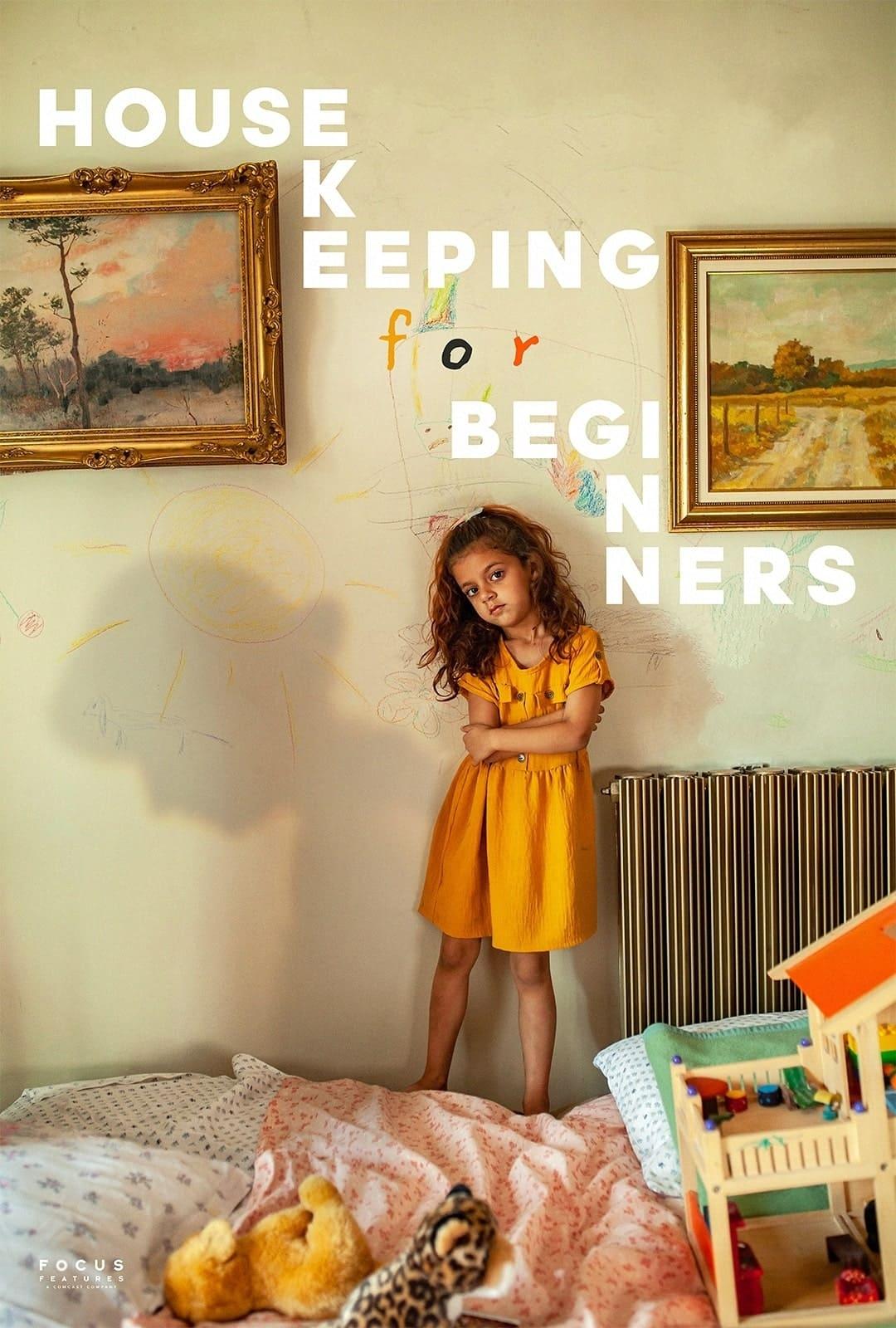
Housekeeping for Beginners - dir. Goran Stolevski
I’m definitely being uncharitable, this movie just hit a lot of my pet peeves very immediately and I found it hard to even give it much of a chance lol. 4/10.
-
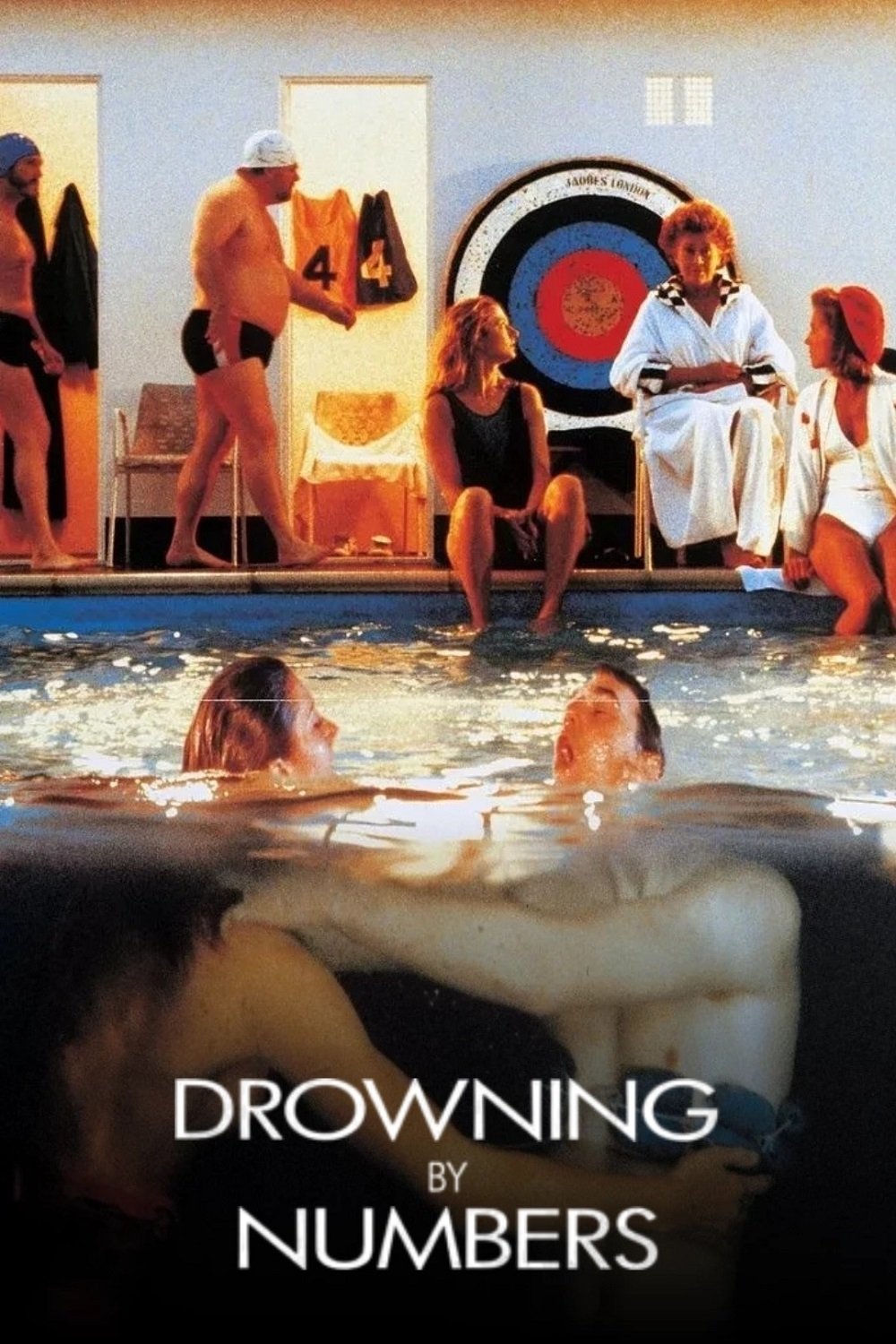
Drowning By Numbers - dir. Peter Greenaway
Wes Anderson vibes (derogatory)
Sorry Aran I tried :(
4/10.
-
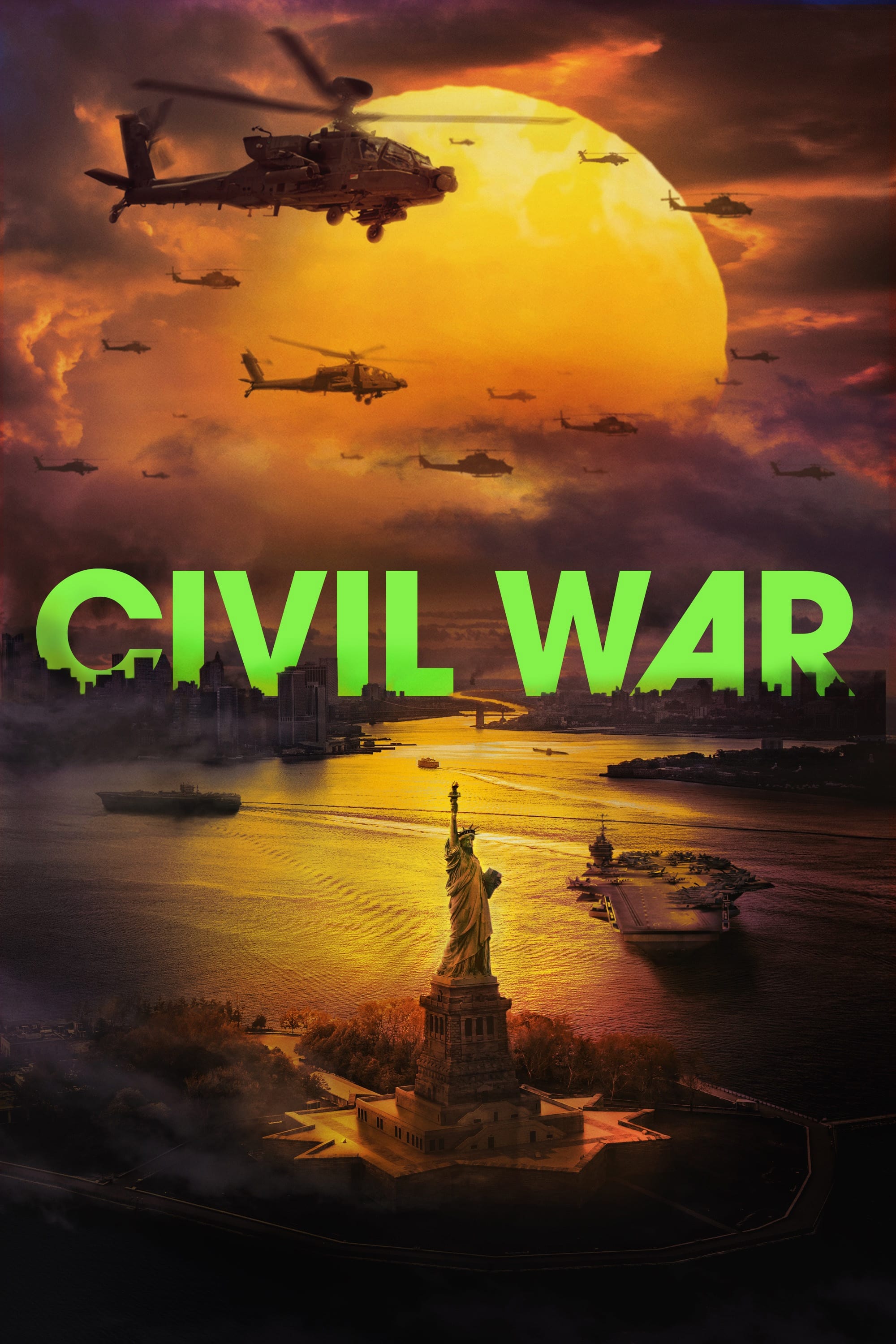
Civil War - dir. Alex Garland
This literally looks like TV lol.
We should never have let the worlds of television and film become so muddled. So many aspiring filmmakers are getting their pointers from TV and you can tell in the kind of projects we’re seeing.
The worst sin a high-concept narrative like this commits is blandness. No energy, no filmmaking momentum. The more interested I get in creating my own movies the more I notice the stuff I don’t want to replicate and the stuff I do, and this firmly lies in the former.
Such an interesting concept and yet I never felt invested for a second. Could not get into it for the life of me. No sense of immersion. 2/10.
-

#Alive - dir. Cho Il
Has the vibe of a netflix original, sauceless
2/10.
-
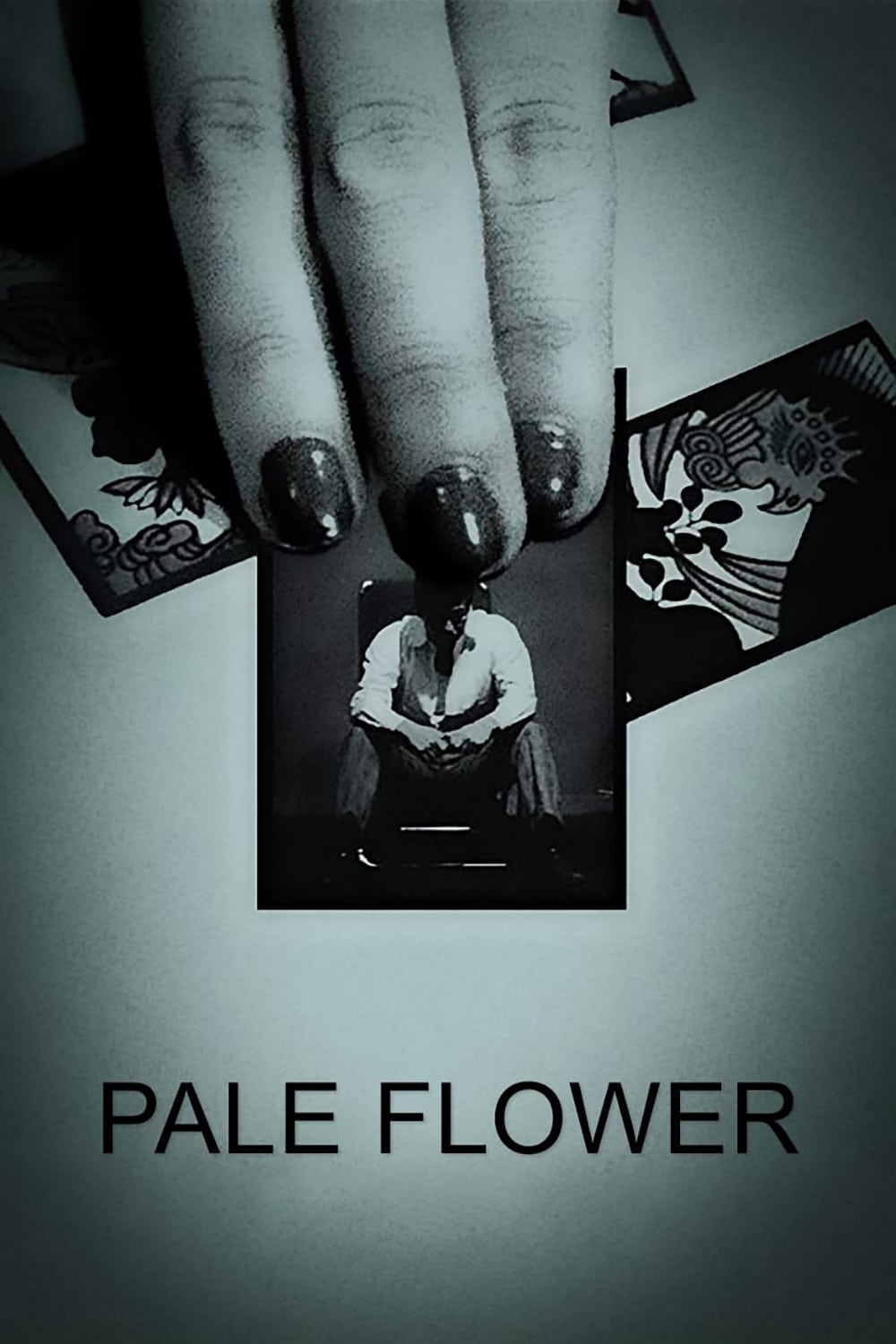
Pale Flower - dir. Masahiro Shinoda
Watching this so soon after watching Thief was coincidental, but it turned out to be kind of an apt double feature of sorts, given how much Michael Mann loves this film and how much it clearly influenced him. You got your doomed central romance, you got your cold, cynical professionals, their workplaces changing faster than they can keep up. What separates Mann (and Pale Flower) from other noir/neo-noir fatalism is their romantic spirit–Pale Flower never feels like it’s circling the drain of nihilism, torturously bleak (even though it sorta is). It is a film made with undeniable cinematic joy. Even though our two leads are doomed, they have fun, they spark something in one another, and they make the dark nocturnal world of Tokyo seem a little brighter, if only in brief. 8/10.
-

Voices Through Time - dir. Franco Piavoli
A record that only hits once the needle reaches the end of the album, and you have to get up to reset it–maybe rebirth is the experience of life, maybe it only makes sense once the lines blur, and your soul dissipates into the ether. I hope it makes sense then. 9/10.
-
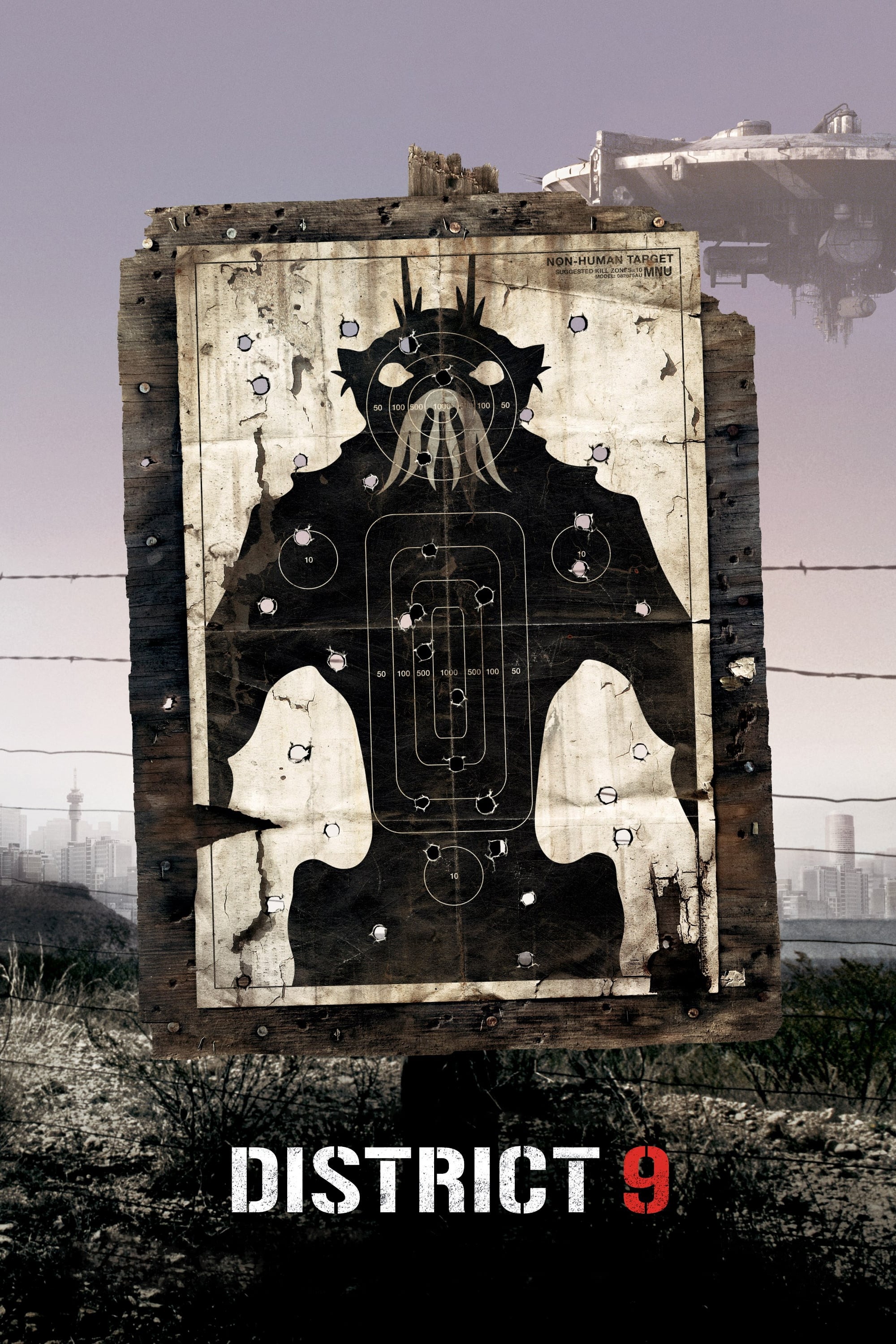
District 9 - dir. Neill Blomkamp
The message gets muddled in many ways. Portrayal of Nigerians was pretty unambiguously racist.
I also think using aliens as a stand-in for racial minorities is almost always a bad move.
Still, I think this movie could’ve been a lot worse. 6/10.
-
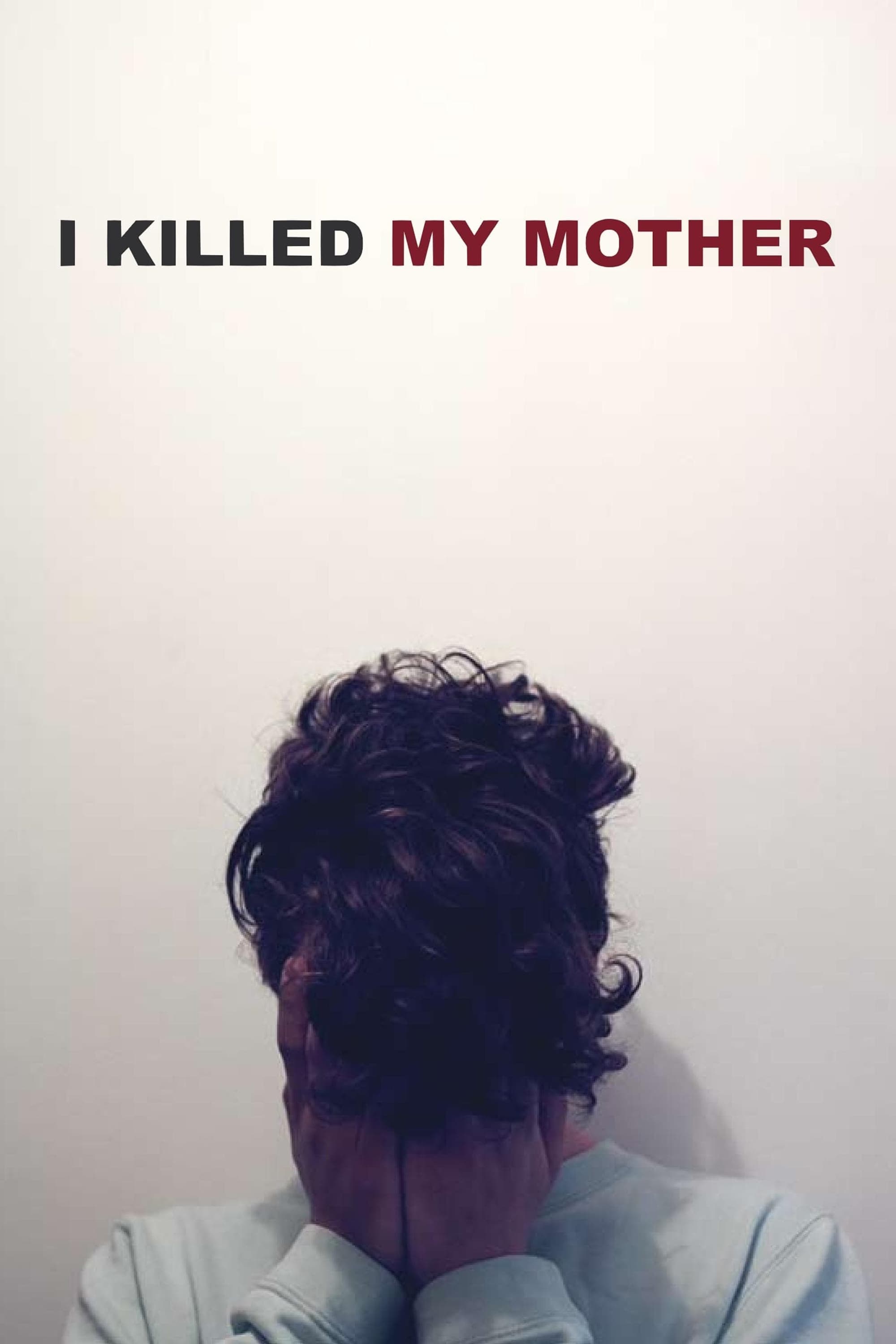
I Killed My Mother - dir. Xavier Dolan
No way people actually think this is good LMAO
1/10.
-
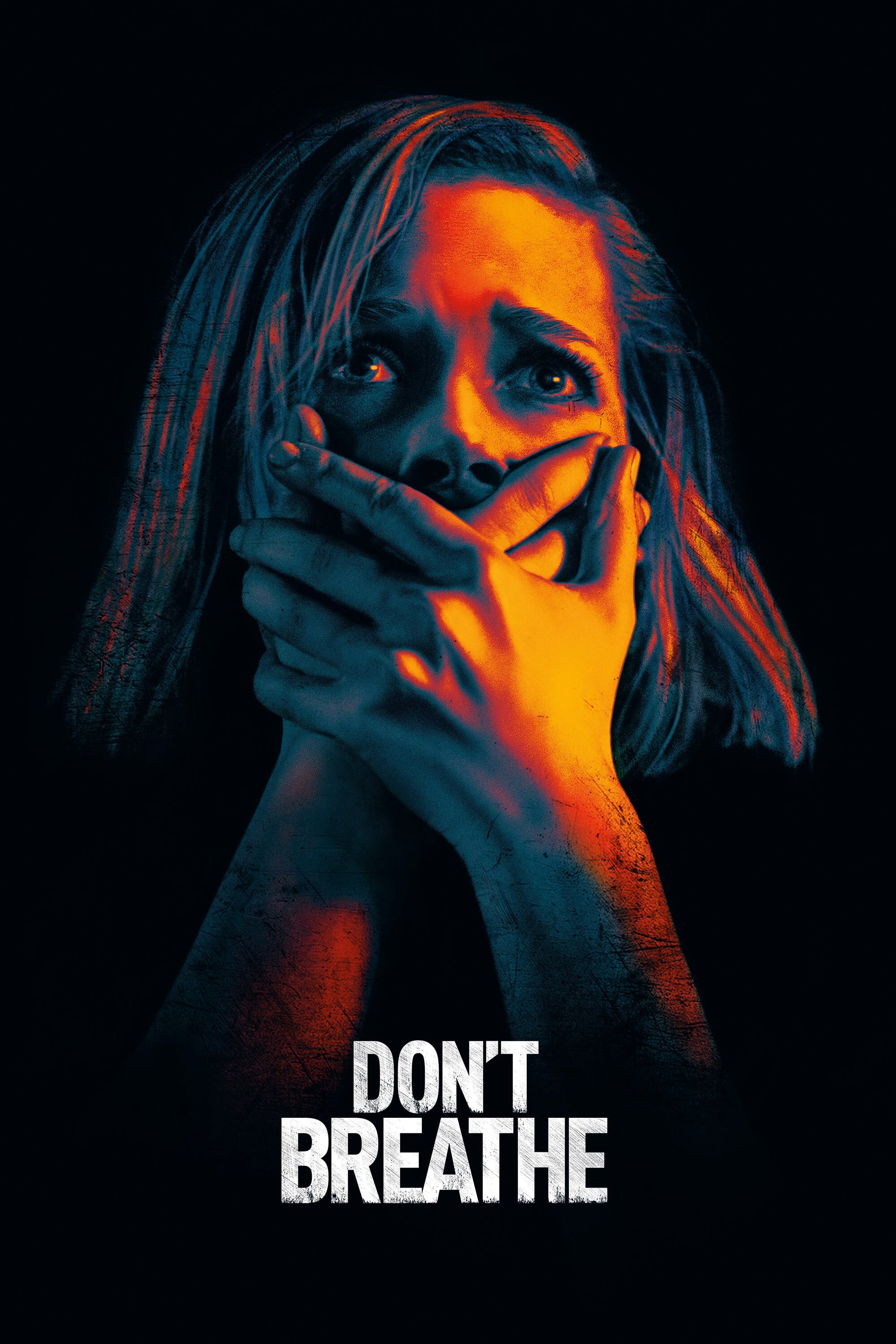
Don’t Breathe - dir. Fede Álvarez
Very lame. 2/10.
-
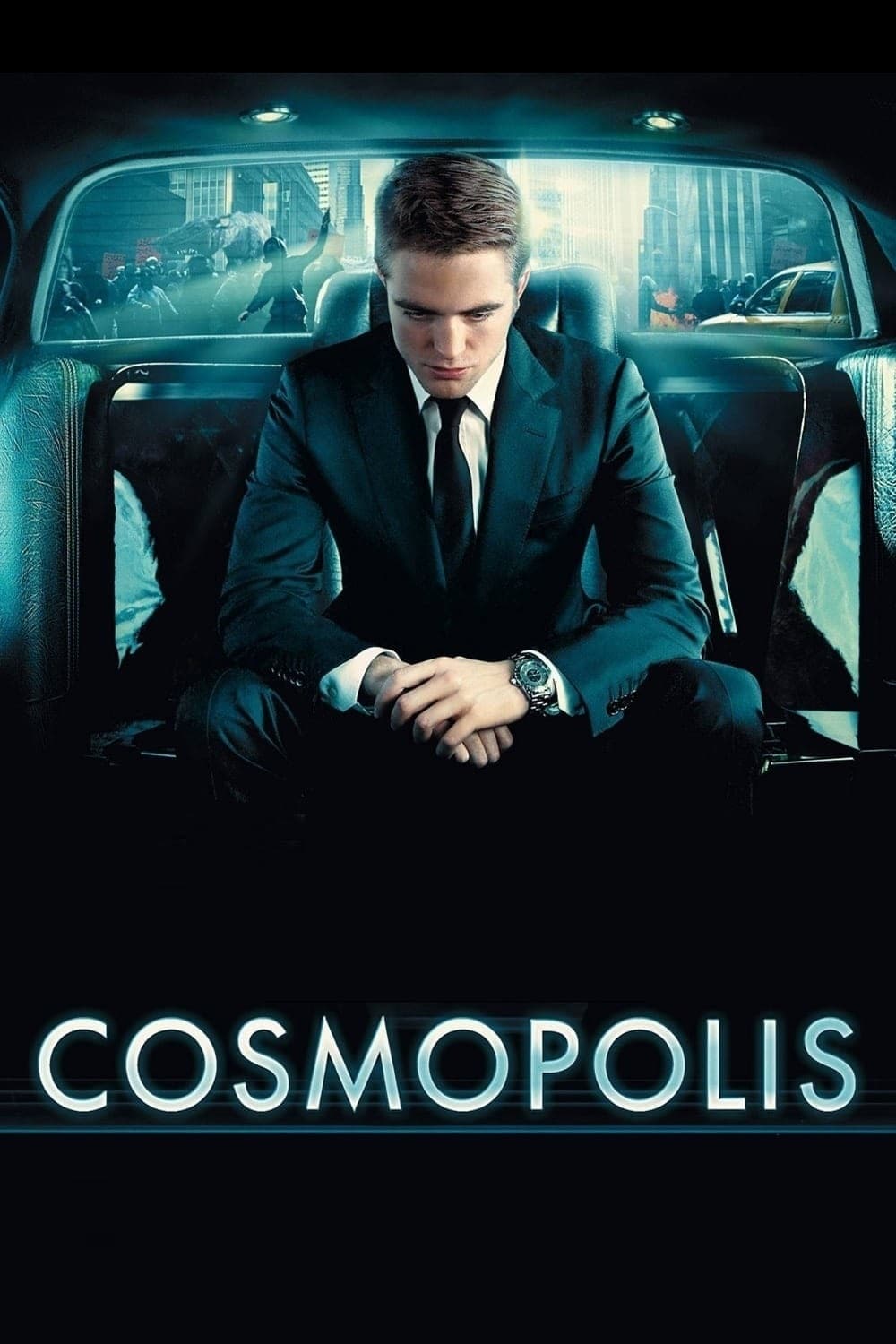
Cosmopolis - dir. David Cronenberg
Decades ago when Cronenberg warned us of the merging of penises and televisions, the digitized, screensavered cyborgification of the human body, the divorce of the soul and the fingers, I don’t think he even fully could’ve known where it would all lead. Cosmopolis is late-style Cronenberg responding to a world that has bafflingly and retroactively turned him into a soothsayer.
It is, by all metrics, an absurd movie–or it would be if it were not so… real? Prescient? Revolutions for a day, apathy as a dominant force of evil in the world… so what do we do? We have hundreds of little Gods running around doing whatever the fuck they please, becoming nothing more than mechanical extensions of capital, divorced from humanity. We have them and we don’t kill them. It makes no sense.
Every breath they take at our expense pushes us deeper into the muck. I don’t know what to do with all the information flooding my brain, and I suspect this is a feature, not a bug. 9/10.
-
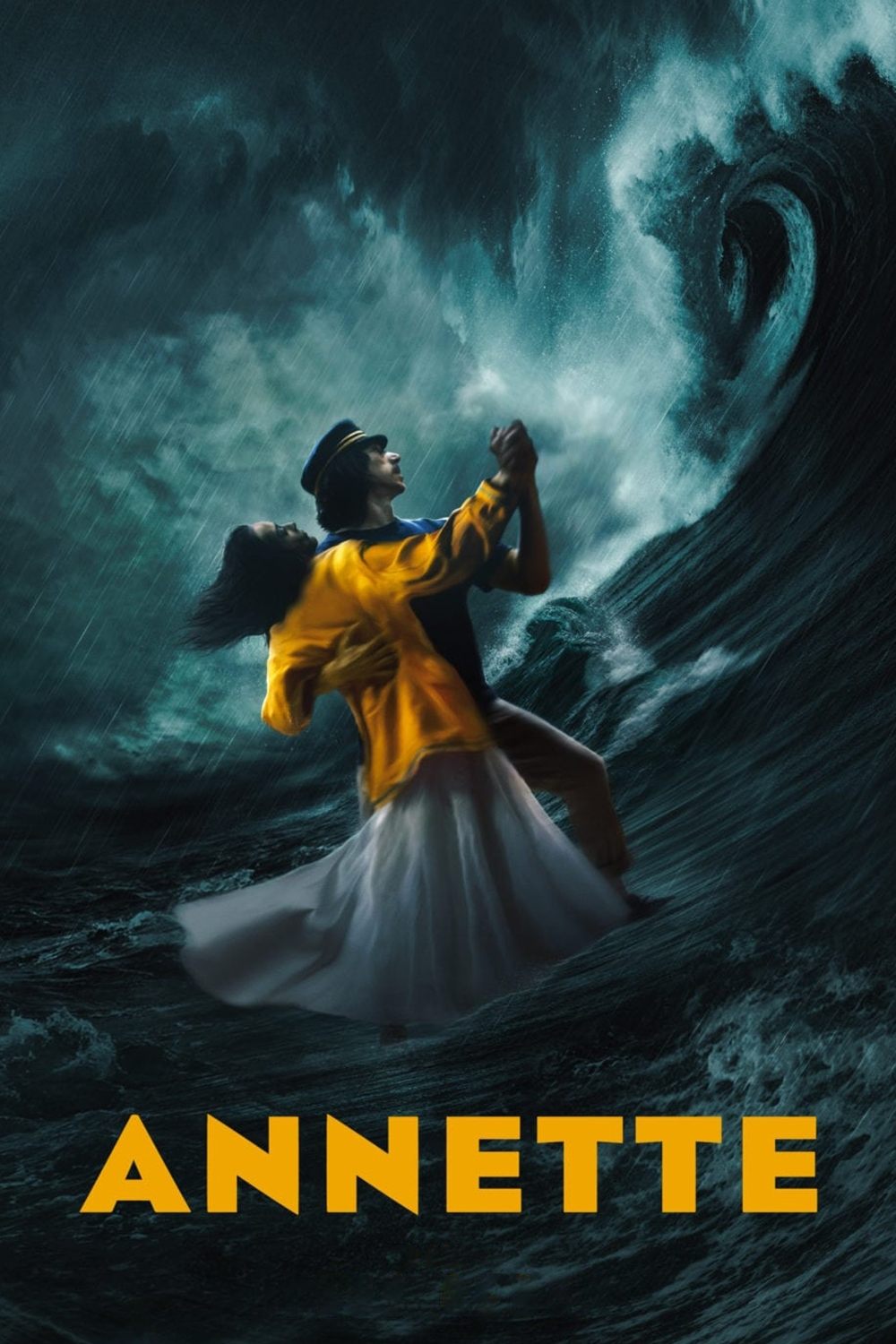
Annette - dir. Leos Carax
Weirdest movie ever.
Laughed a lot, a very unique cinematic experience for sure.
Can’t say it resonated with me, but I enjoyed it mostly. 7/10.
-

Godzilla - dir. Ishirō Honda
I expected a pretty cheesy monster flick and instead what I felt was a palpable sense of doom–Godzilla really does feel threatening in this film.
The special effects are insanely impressive to me, idk. I get why they seem dated to some but I’m blown away by how Honda pulled it off on what I can only presume was a pretty small budget by contemporary standards.
Coming into this movie I thought the lore was that Godzilla was a metaphor for the atomic bomb, but I don’t know if that idea holds much water for me, I think it’s much more abstract than that. Like Godzilla is more likely a symbol for the Japanese identity/way of life or the environment or nature. He’s only responding to the bomb. 7/10.
-
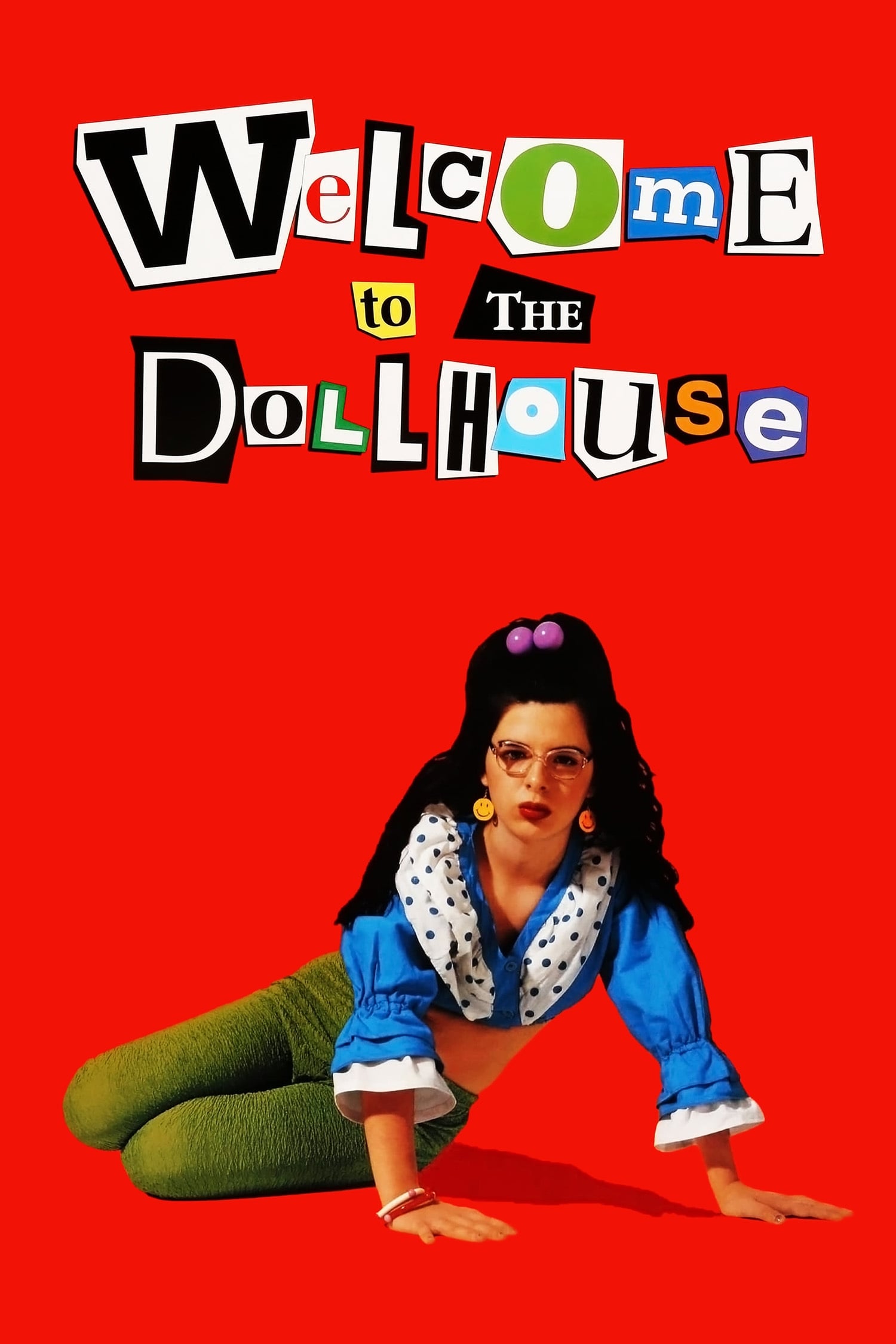
Welcome to the Dollhouse - dir. Todd Solondz
Great movie if your idea of a good movie is “main character gets tortured for an hour and a half”
4/10.
-
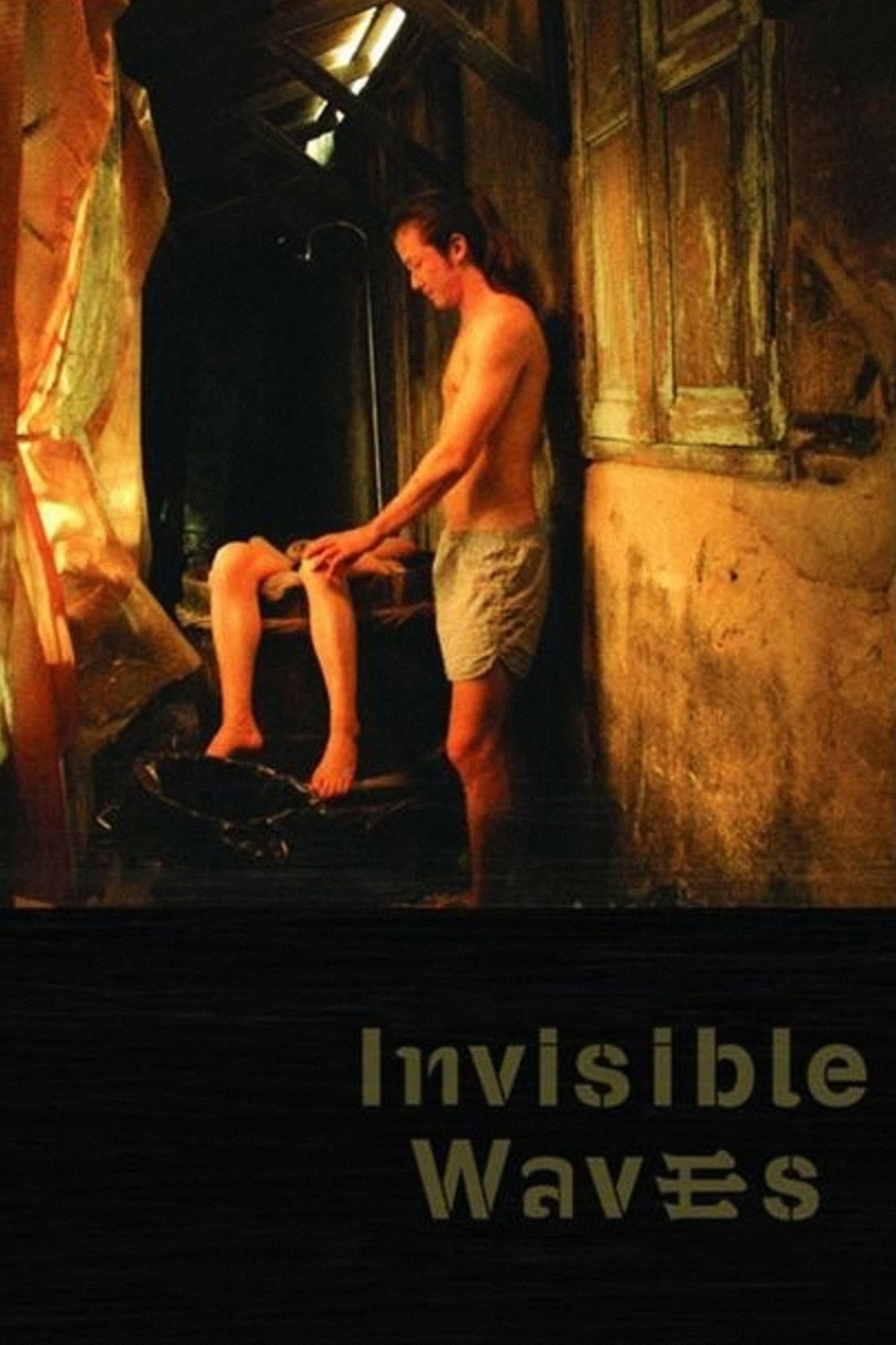
Invisible Waves - dir. Pen-ek Ratanaruang
A man becomes a ghost.
Thai New Wave kinda goated, ngl.
I imagine this is what it feels like to dissociate. 7/10.
-
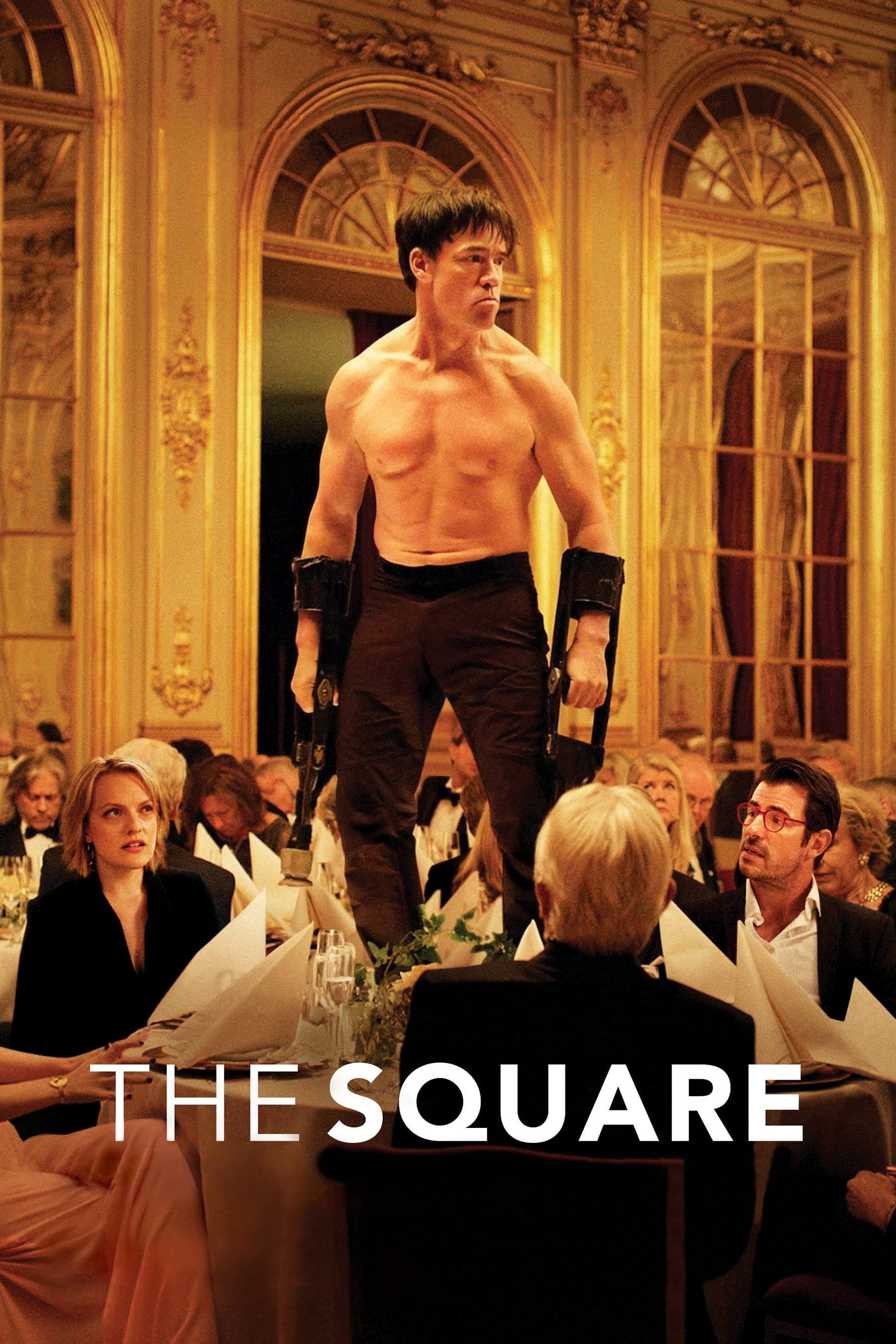
The Square - dir. Ruben Östlund
As a character study, this is really effective.
As a piece of cinema? Horrendous. I hate almost everything about the composition and thought process behind this film, and I find its cynical liberalism pretty insipid.
But I can’t lie, there are some parts that work for me. And I do think Ostlund is talented at writing certain kinds of losers. So for that I give it credit. 6/10.
-

Song of the Exile - dir. Ann Hui
Not sure if I was just distracted, but this didn’t really click with me. Might revisit it in the future if I can find a higher quality version. 5/10.
-
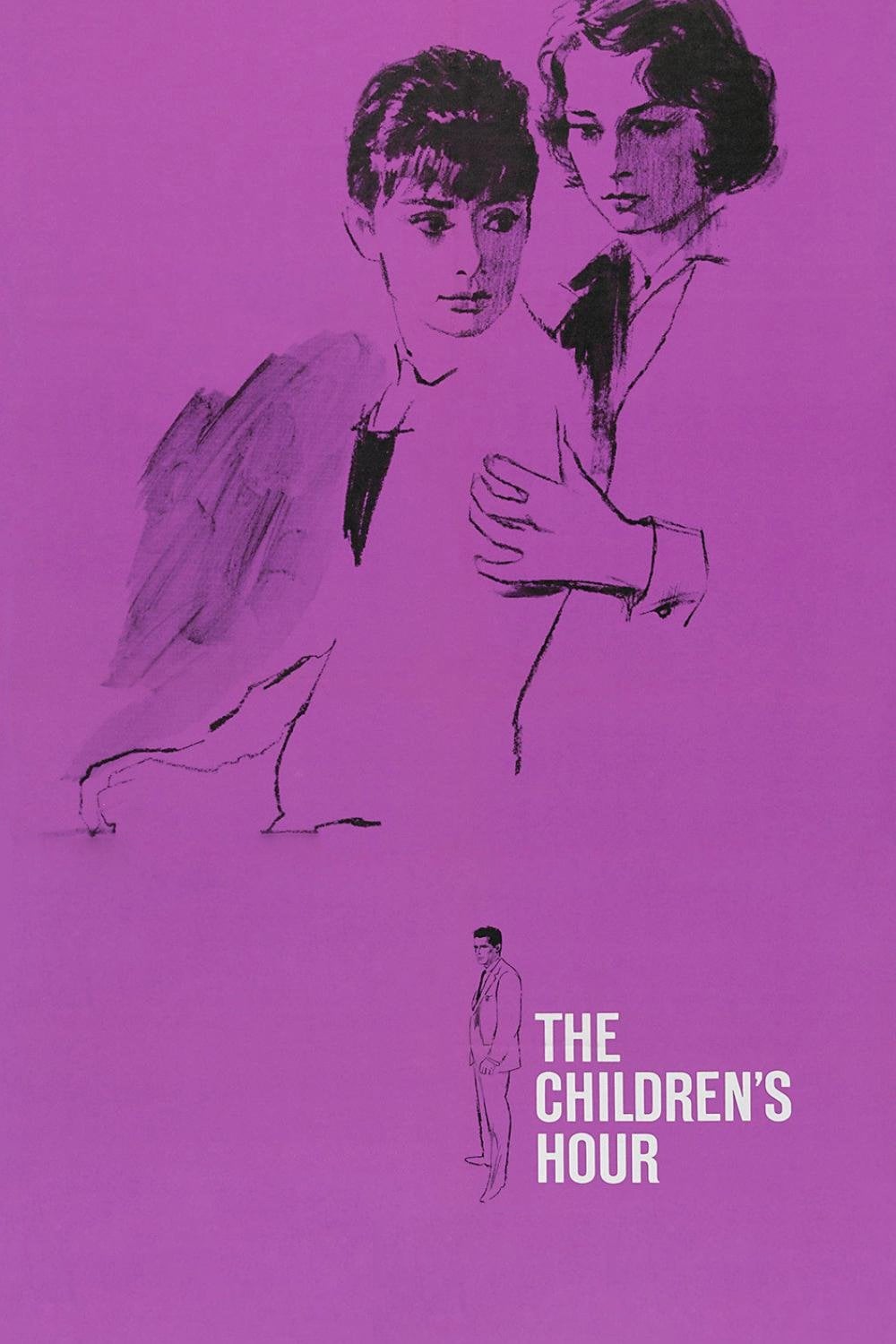
The Children’s Hour - dir. William Wyler
Perhaps if the ending were less unremittingly tragic I would be more favorable to this movie, it is still a compelling drama and a terrific queer story ahead of its time.
I’ve grown a lot as a film watcher and I’m happy that I’ve finally started to love these older Hollywood pictures, not just out of a sense of going through film history but out of a real appreciation for the filmmaking. There is nothing too fancy going on here, but I do appreciate that like with most directors of his time Wyler opts for wider shots with more elaborate blocking.
As for this film itself, I don’t think I have anything too original to say about it, but personally I almost never consider what happens in the end a good way to close off a story. I understand that this is a tragic tale, but it feels less like Wyler is playing it as tragedy and more of a way to give Hepburn’s character a cleaner ending.
I also find it interesting that a lot of people view this as a “children evil” movie when it is so much more about how adults will ignore children until they can function as givers of permission for prejudices. Mary is a little bitch for sure but I’m not crazy about the whole myopic “some kids are just born evil” idea. 7/10.
-
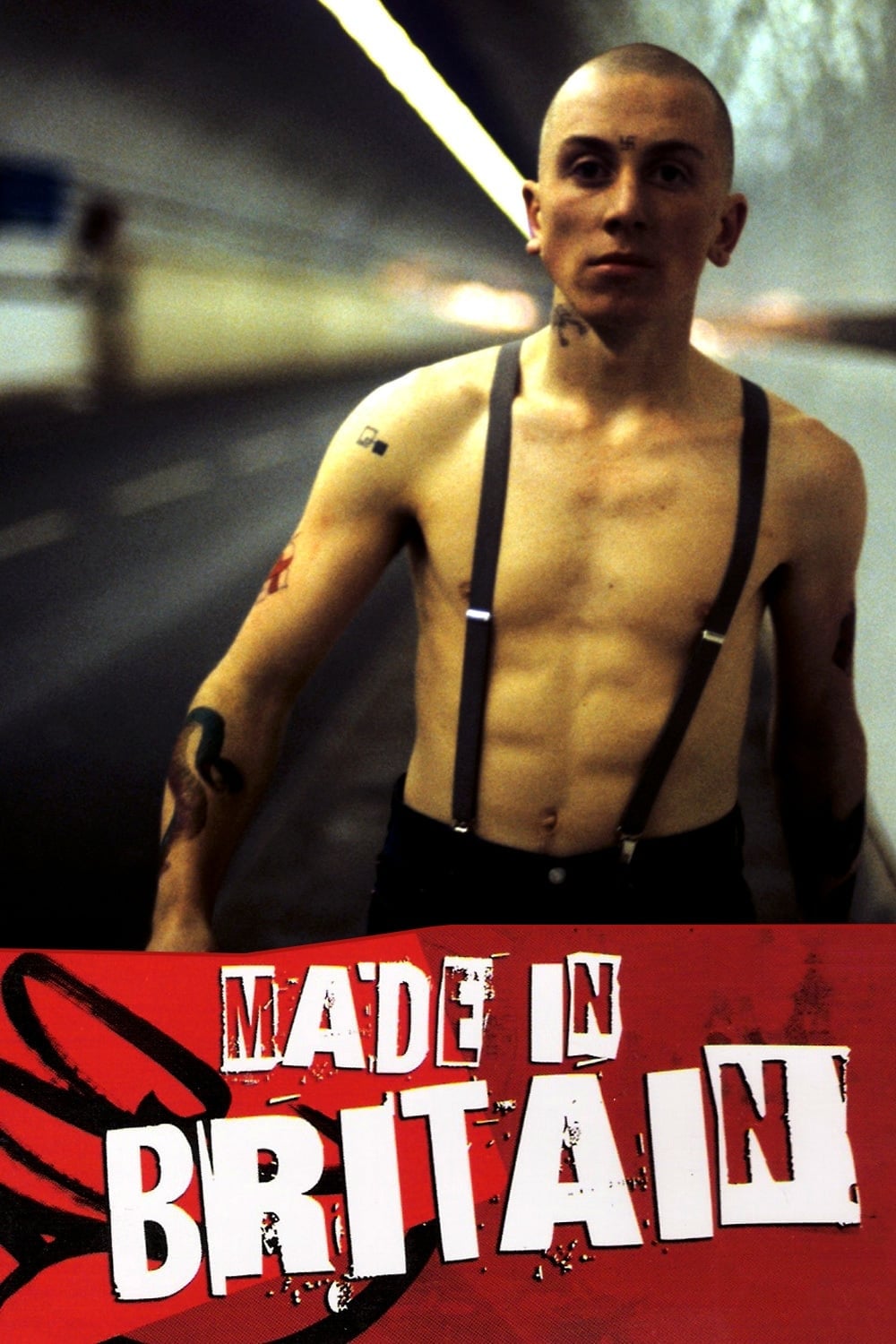
Made in Britain - dir. Alan Clarke
Passable character study, but pretty boring. 5/10.
-
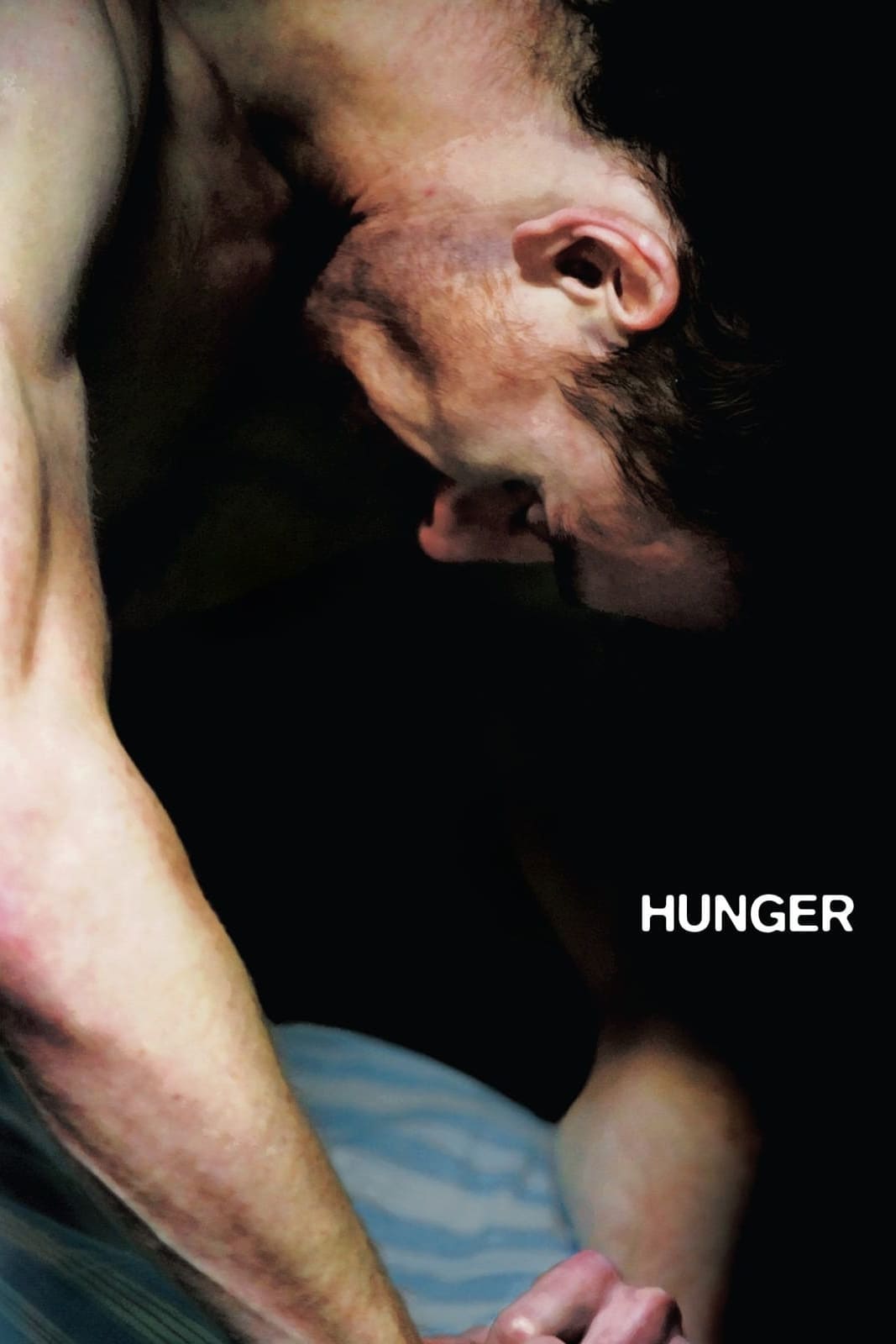
Hunger - dir. Steve McQueen
It takes extremity for things to change–this is a truth of life that so many so-called centrists seem to ignore. Everything we take for granted required brutality to become the norm, from the abolition of chattel slavery in the United States to the liberation of India from British rule. We like to think that justice can occur through institutional means, through debate and democracy, but this has literally never happened in the history of humanity.
Hunger is formally cold and clinical, sure, as some have described, but it’s not neutral at all. It is a movie about how it took 9 men to starve themselves to death in order to force the oppressors to acquiesce. 7/10.
-
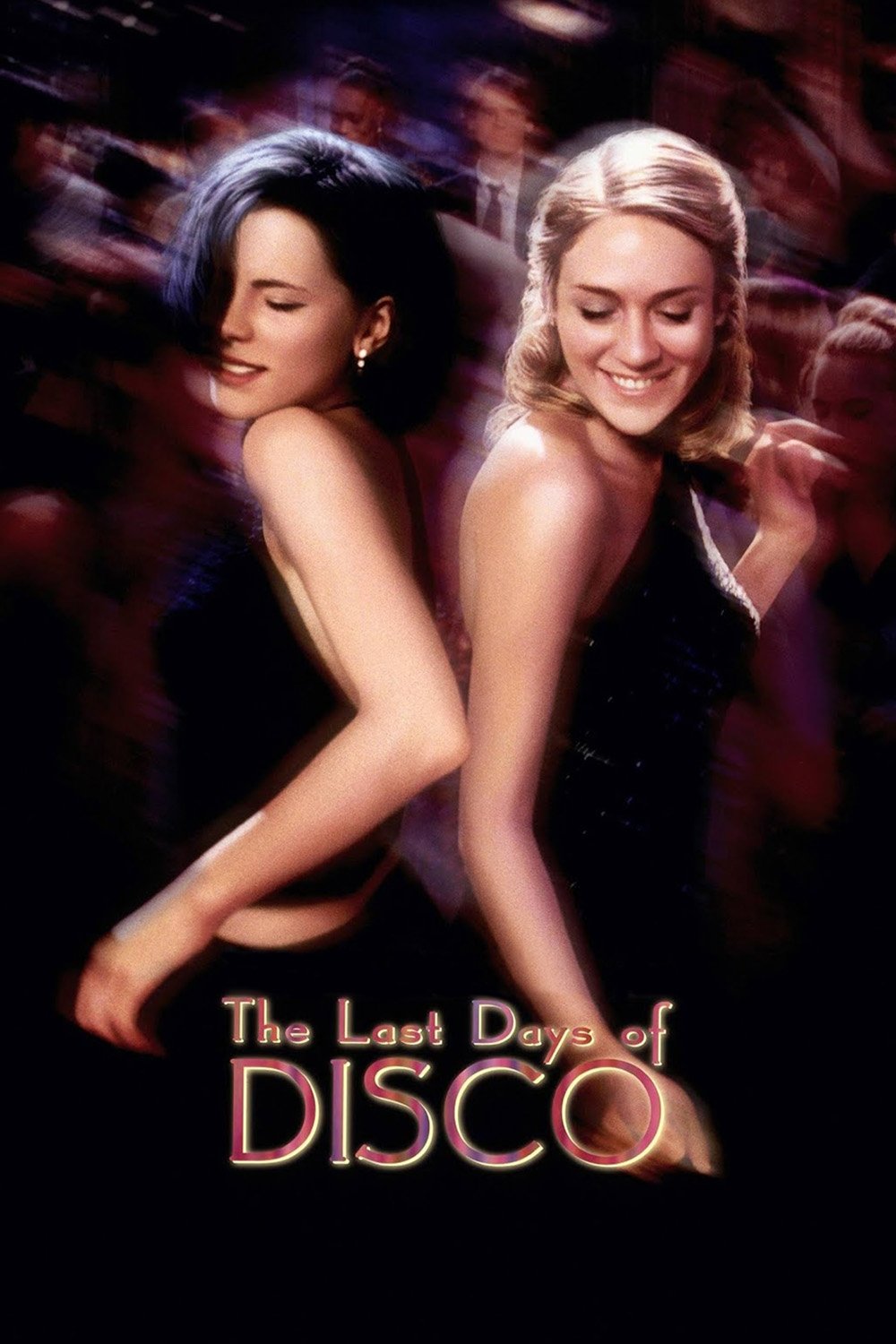
The Last Days of Disco - dir. Whit Stillman
Ekes out of being totally insufferable by the skin of its teeth, grounding this film in a specific era allows the nostalgia and bittersweet ephemerality to shine through. However every one of these people is insufferable. Only person I liked was Chris Eigeman. 6/10.
-
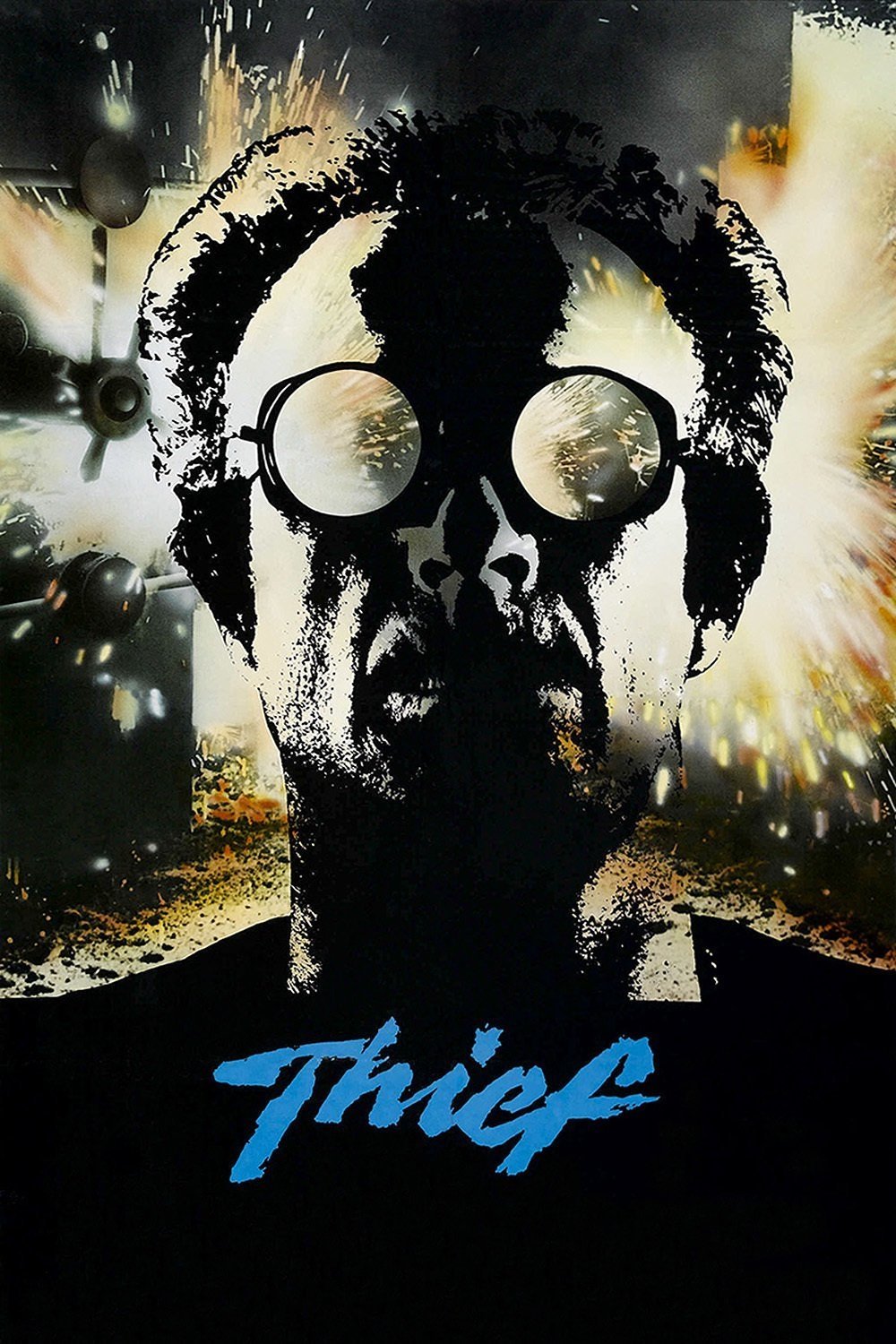
Thief - dir. Michael Mann
Lays out the rest of Mann’s career tidily, bits and pieces of Thief can be found scattered roughshod through his entire filmography. It’s stunning what a seminal work this proved to be in establishing his trademark sensitivity to labor, love, and masculinity, which in my view are the three tenets to what Michael Mann films are all about.
After all, you don’t get much more of a blunt take on the relationship between the owner and the worker than in the scene where Leo threatens to ice Frank’s whole life (which Leo bought and paid for) if he doesn’t keep working for him. The exploitative relationship between employer and employee is laid bare, and can only be mediated through violence. The dynamic is inherently unsustainable, in the end Frank’s life literally explodes and he turns his gun on his exploiters.
Though Mann’s films have a reputation for being macho, pretty much all of them devote a lot of time to romance. Miami Vice, my favorite film of his, could 100% be argued as a romance film first, crime second. For me at least, my investment in the plight of his leading men is correlative to the depth of their bonds with their women. Love also serves as an antagonistic force to the exploitative owners; in contrast to their cold professionalism, love inculcates a vulnerability that demands the leading men to forgo their stoic exteriors, and so often it is this very tenuous connection to their inner humanity that is exploited first. Simply put, the love the men have for their partners is incongruent with the necessities of labor. When Leo threatens Frank’s wife, he doesn’t threaten to kill her, he threatens to whore her out–a far greater threat to Frank’s masculine pride. 8/10.
-
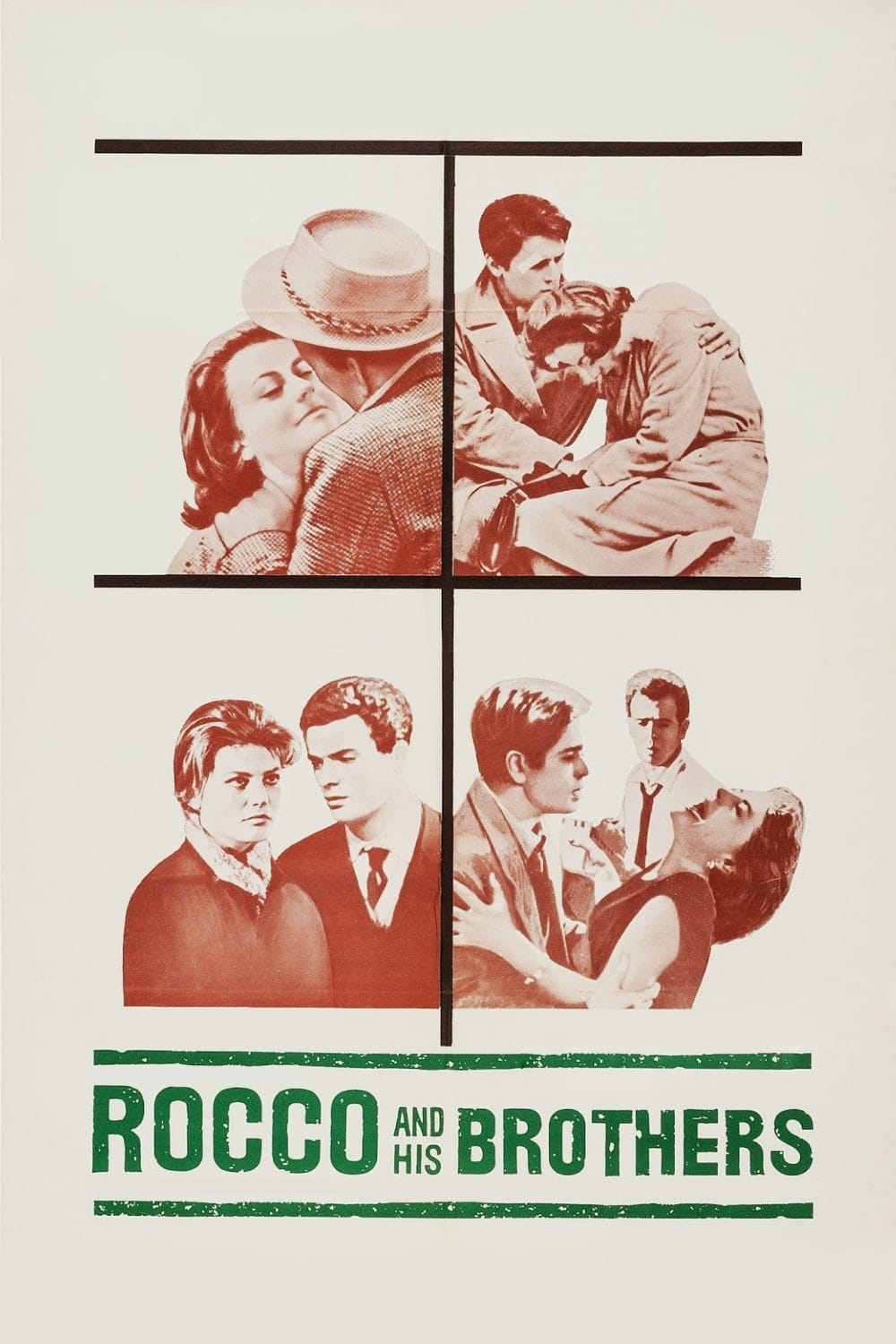
Rocco and his Brothers - dir. Luchino Visconti
Close proximities are kept to both intimacy and violence. Rape and force is depicted by Visconti with the same nearness as familial commiseration, so I think the question becomes, “where do we draw the line with loyalty?” Italian family values interrogated for three hours, until we are left with something akin to pessimistic religiosity, an innocent Luca left to wonder what the right answer is, when all his brothers are subsumed by external and internal forces.
Ciro becomes swallowed by the industrial machine, Vincente is pilfered by marriage into another family, Simone is consumed by vice and sin, Rocco’s spinelessness and blind loyalty to his clan dooms him and his kin to suffer. Luca must now navigate this cruel world, where neither home nor the city are kind, where the promise capitalism offered was pipedream, and where returning home signifies a capitulation to bondage. The choice is agricultural feudalism or industrial capitalism. Sort of like choosing which side of your face you prefer getting punched on.
This film is the way I like my pessimism; it’s not enough to merely depict suffering, but to show the breadth of suffering, to show how it manifests, to be thorough in socially examining it. Visconti firmly believes wealth corrupts everyone, it’s why he made Senso, to basically make fun of the opulent moral bankruptcy of the nobility, to show that they were all emotionally stunted worms at each other’s throats, that the idea of romance amongst the aristocracy was silly. In Rocco, poverty is a curse, but it offers a bond which wealth corrodes. The happiest these characters are at any point in the film is when they live in their urban hovel together, when the entire world could give less of a fuck about them. It doesn’t matter, none of it matters, because they are close.
The fundamental conflict at the heart of this utopic family unit is that the family unit is inherently unstable. Vincente must get married, Simone and Rocco fall for the same girl, Ciro must get a job. The characters are at odds with the space, which forces them to test their mettle with their bodies. The prostitute is the same as the boxer, she uses her body to make ends meet. The reason the prostitute is evil, and represents a threat to the family unit is because she steals a man away from the mother. If the mother is pure, the prostitute is sinful. If the family is pure, turning away from the family is sinful, and thus a contradiction is born. If you can only keep your purity intact by remaining close to your mother’s bosom, and the only way you can support your family is by breaking apart from it, how can you negotiate? There you have Visconti’s philosophy, at least in this film, in a nutshell. The space is untenable. 10/10.
-

The Passion of Joan of Arc - dir. Carl Theodor Dreyer
God belongs to the people, to the peasants, to the soldiers, to the little girls of France.
Joan must die because her devoutedness represents a threat to the clergy, who gatekeep God behind dense Latin tomes from the uneducated riffraff.
Joan must die because her piety is TRUE.
This is a cinema of conflict. The editing is poetic in the same way a brawl might be. Images of faces; bruised egos, glazed-over expressions of agony. The fire into the riot, the death of a martyr into the awakening of a people. 8/10.
-
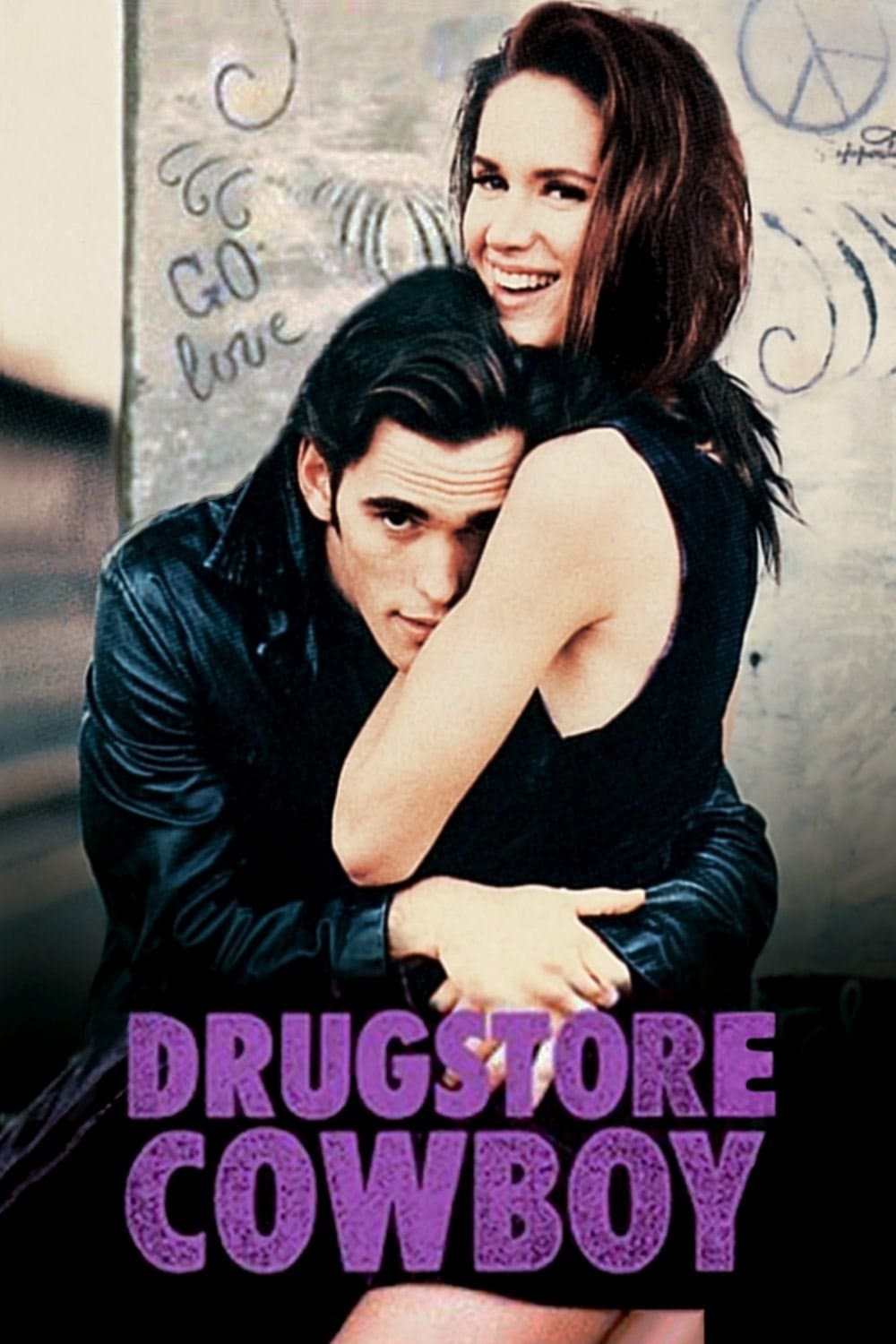
Drugstore Cowboy - dir. Gus Van Sant
What a letdown…
Clearly Gus Van Sant is still working on the blueprints for My Own Private Idaho, which is a far more arresting portrayal of outcasts/junkies.
This all felt too clean and too quirky. Aesthetically dull compared to Van Sant’s later work. 5/10.
-
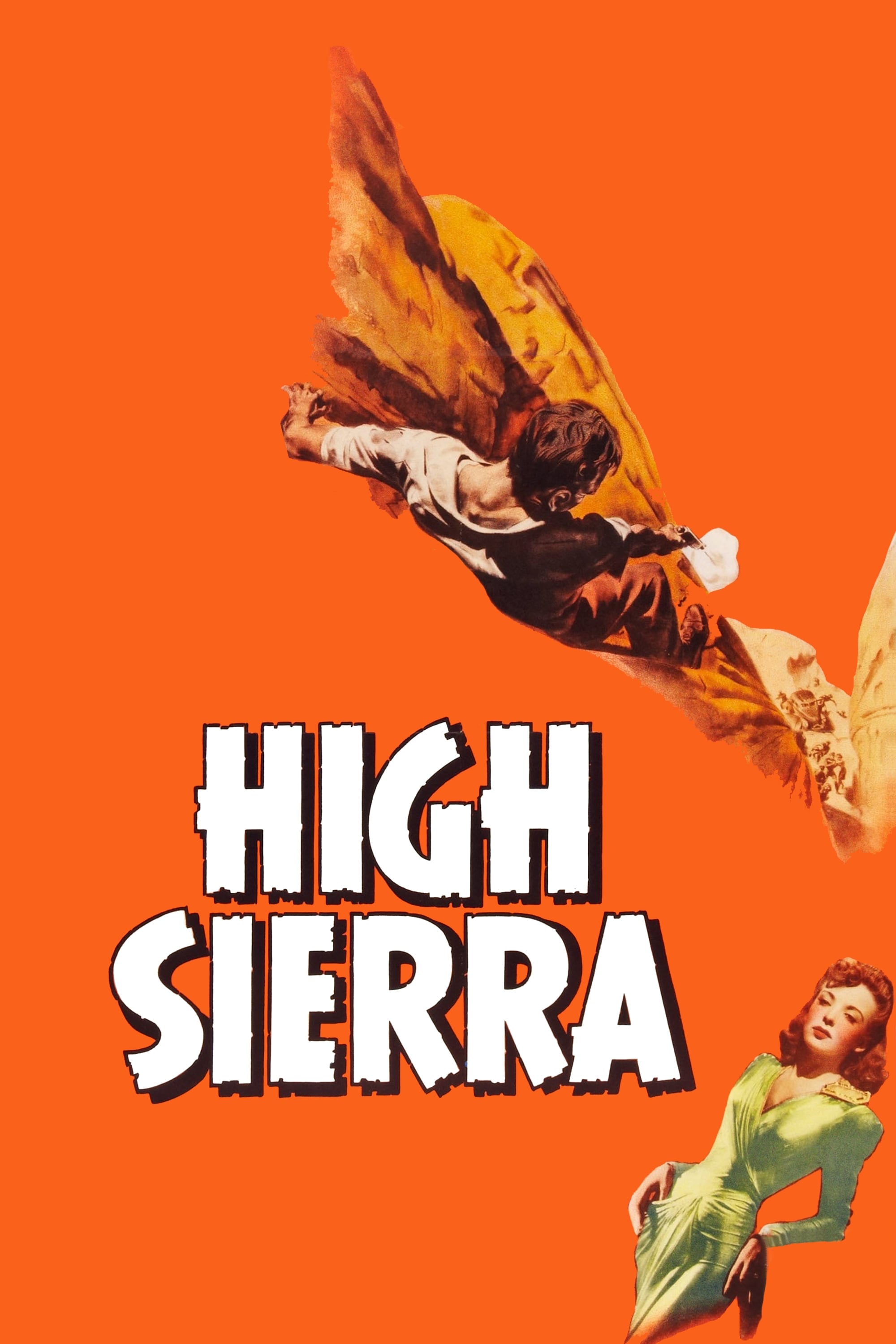
High Sierra - dir. Raoul Walsh
Still not too compelled by Bogart, unfortunately.
It has more rapid editing than you’d expect from a film of its time, which was interesting. I wanted an introduction to Raoul Walsh and I’m wondering if this was the wrong film for that.
Not bad, just not really my thing, I think. 6/10.
-
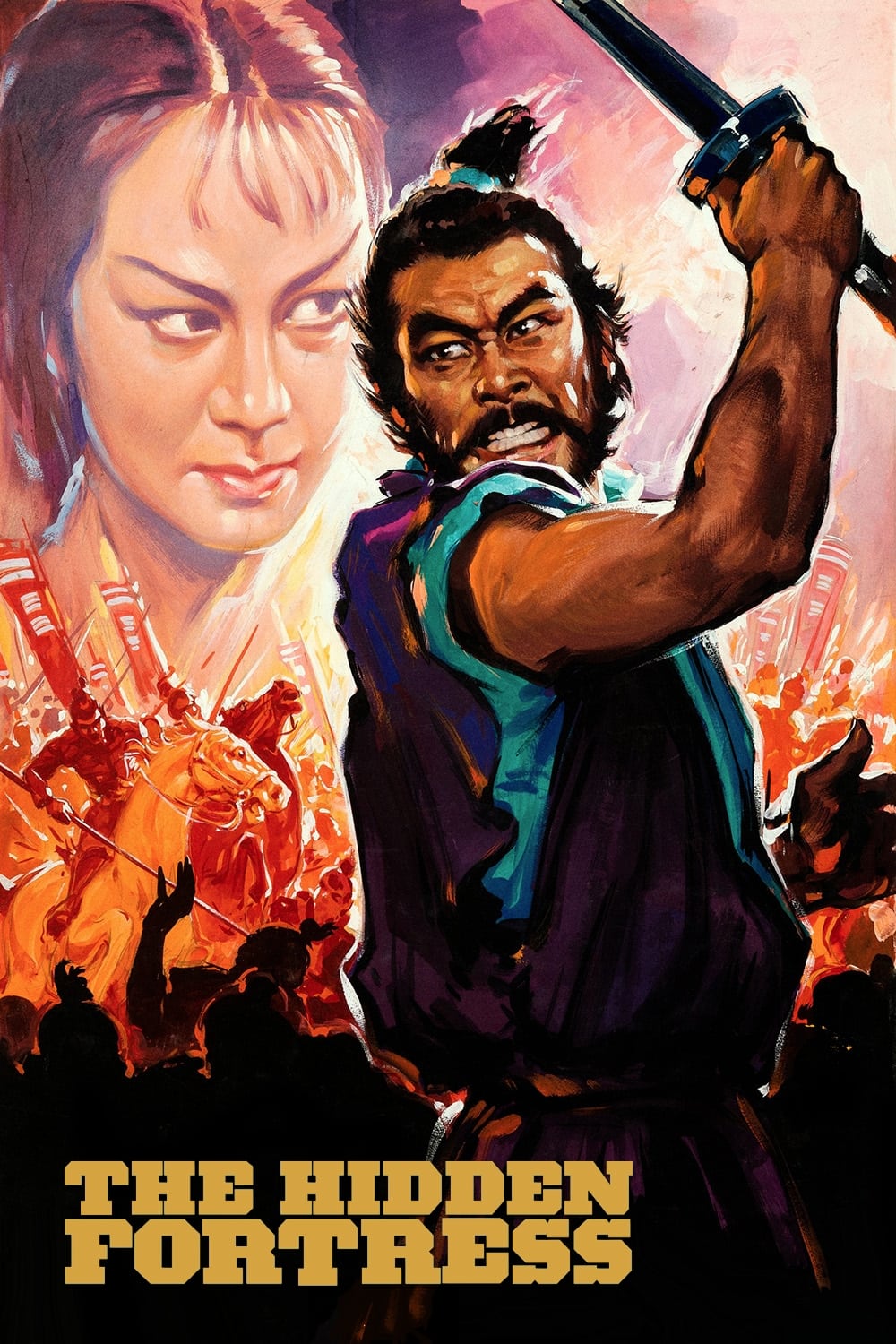
The Hidden Fortress - dir. Akira Kurosawa
Just super grating.
Kurosawa’s sense of humor does not gel with me at all. Very cynical, very dim view of human nature.
I think Seven Samurai worked for me because it was all about camaraderie and brotherhood. Kurosawa’s dreary outlook is on the back burner, and instead there exists an optimism that though the violence is pointless and cruel, honor can prevail when people proactively aspire above moral turpitude.
This one seemed more interested in laughing at the dumb stupid peasants for a couple of hours. Haha they’re greedy rapists LOL.
Eh?
4/10.
-

Last Year at Marienbad - dir. Alain Resnais
Could not have been further from what I expected… an exploration of the hotel as a cinematic memory, intimacy and mystery wrapped into artistry, the fragments of a love once had and lost. Significance projected onto an image, the image responds with indifference.
Very beautiful, trancelike, hard to understand but if you give into it, you will be immersed. 8/10.
-

Mud - dir. Jeff Nichols
Lots of uncompelling medium shots–you know something’s dreadfully wrong when the B-roll looks more cinematic than the actual meat of the story or the scenes, but that’s televisual cinema for you. We can’t do cool blocking or wide-shot cinematography, we gotta cut 50 times during every conversation (???).
I think it helps that the story is pretty good, I enjoy this slice of Americana type shit, I only wish it actually had a richer artistic voice. As it stands, kinda disposable. 6/10.
-
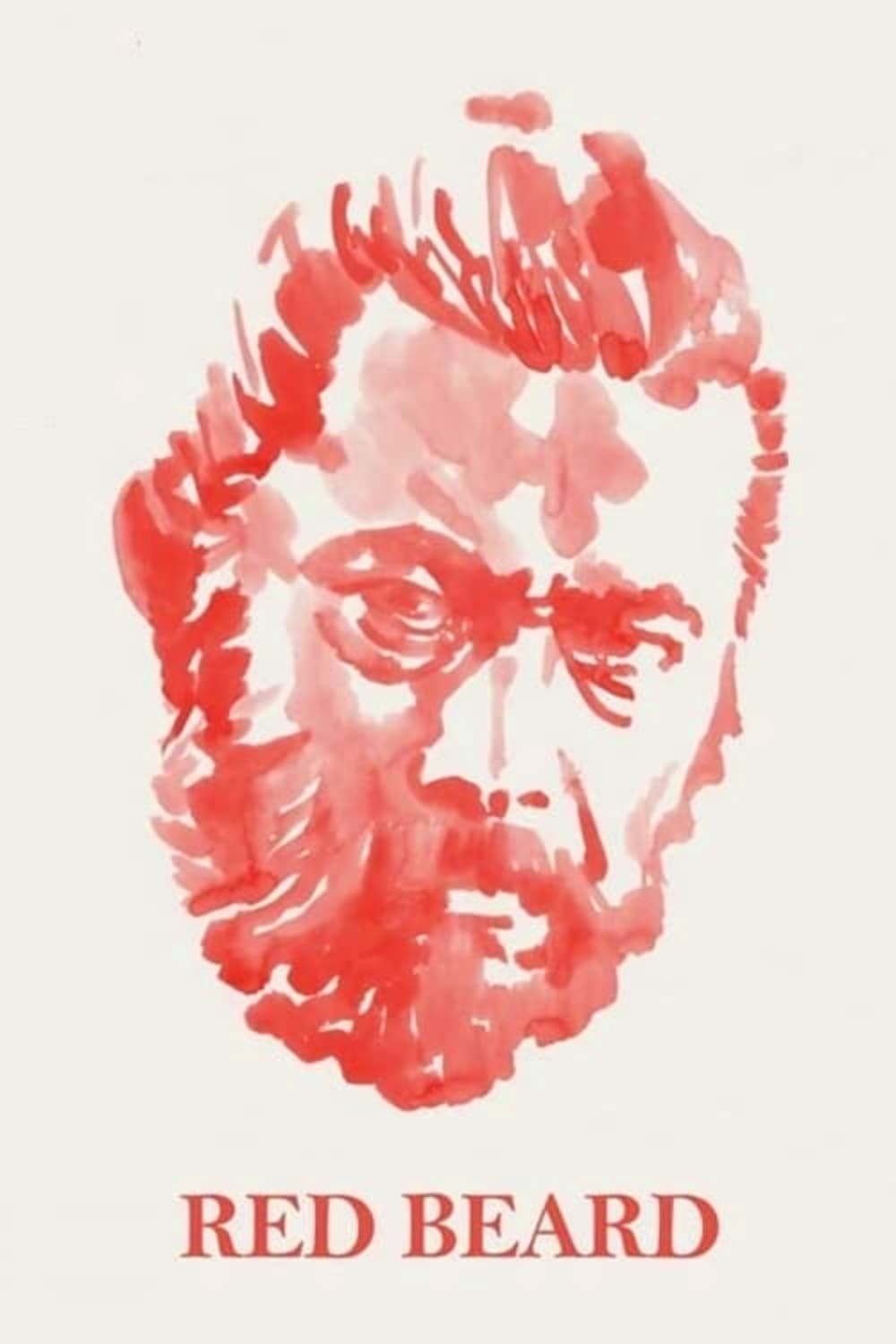
Red Beard - dir. Akira Kurosawa
Beside the hospital bed, a whisper from the well tells him to KEEP LIVING. In a twist of fate, Kurosawa’s cynicism is turned inside out, he observes his characters in a cruel world, and urges them onward. No matter how cruel it gets, no matter how much suffering and injustice there be, we must choose life.
I find it so fascinating that Kurosawa chooses not to mire his focus on the downtrodden exclusively, no instead at times he shows us the moral and physical decay of the wealthy. He shows that the injustice of the world is not necessarily the practice of evil being committed against the good. The excessive riches and gluttony of the upper class is an illness of its own. The systems of cruelty that Kurosawa has spent his whole career fixating on are not individualistic, but rather overarching. They seep, they do not puncture.
Honor, another common theme of Kurosawa’s work, often mediated by violence, negotiated by warriors, becomes instead ugly, medical labor. Honor is not killing for the shogun or defending yourself from bandits but instead a thankless task, a lifelong struggle to help those in need.
A beautiful film–perhaps my favorite Kurosawa. 9/10.
-
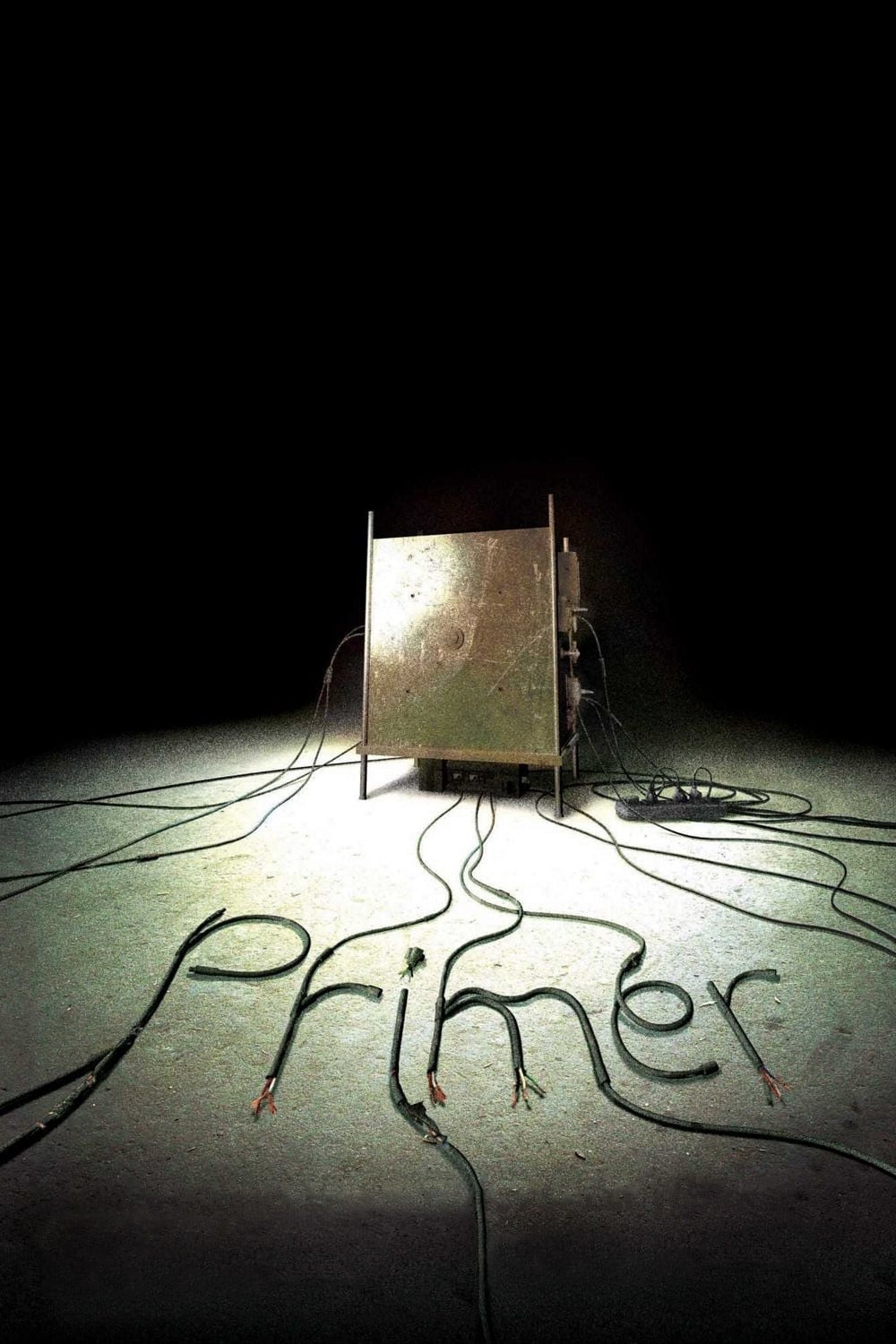
Primer - dir. Shane Carruth
Call me crazy but this film is Bressonian.
A lot of people reviewing this talk about being “emotionally disconnected” from the characters and the story but like in a Bresson film, the point is that the drama is muted in favor of communicating through action.
It’s not fully Bressonian because the two main characters still have discernible traits and motivations, but it follows in his footsteps because there is an intentional rift between the subject, their actions (undecipherable to the average person) and the audience.
Anyway, I like this movie for two reasons:
- It has an ambitious sci fi premise.
- It takes seriously and explores fully its premise and its ramifications.
You can’t go wrong with me if you do that. 7/10.
-
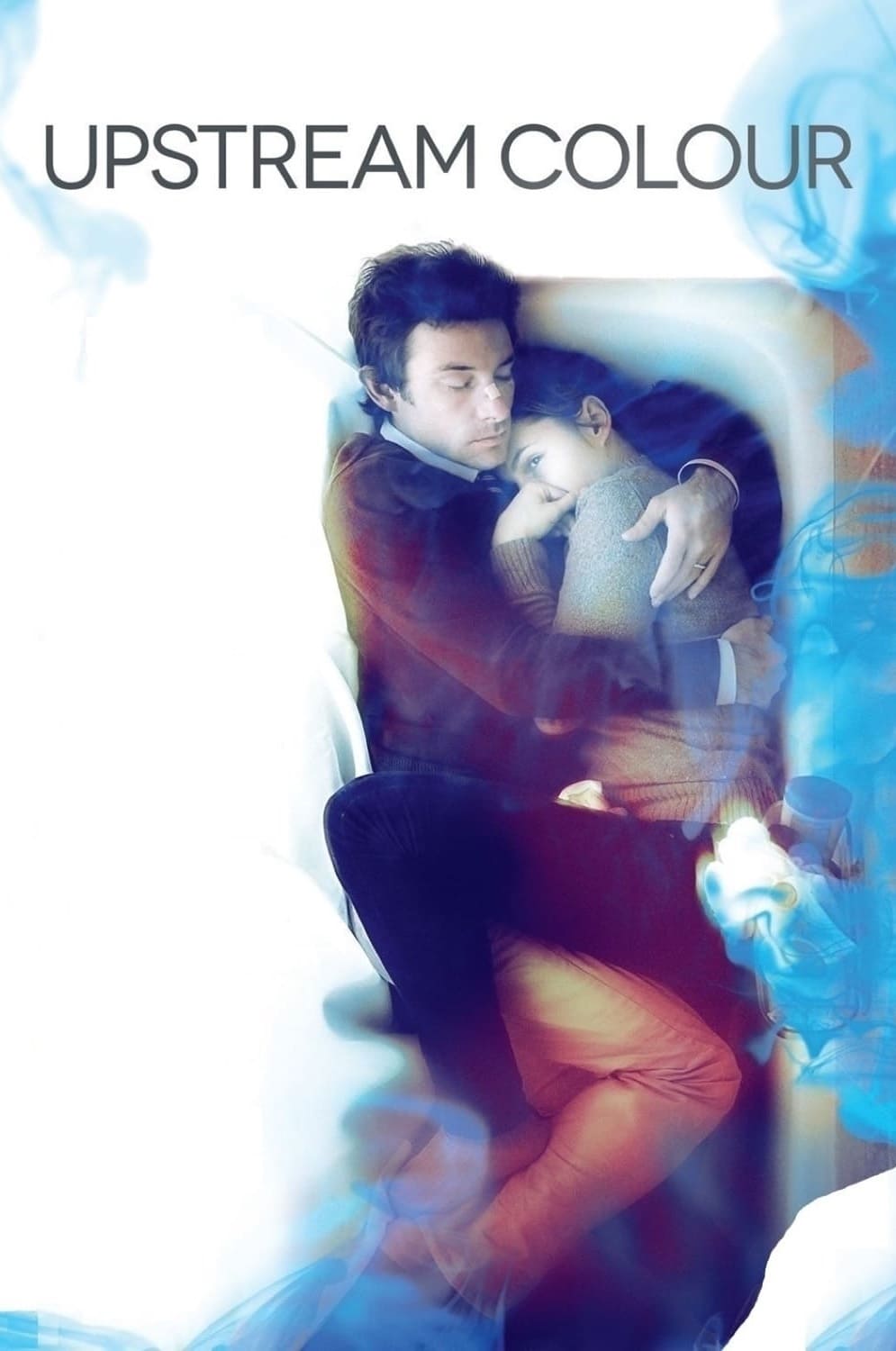
Upstream Color - dir. Shane Carruth
HATE the way this is edited/shot/color graded.
Clearly influenced by Malick and other impressionists but takes all the wrong lessons.
How do you go from Primer to this, like on a visual level?
3/10.
-
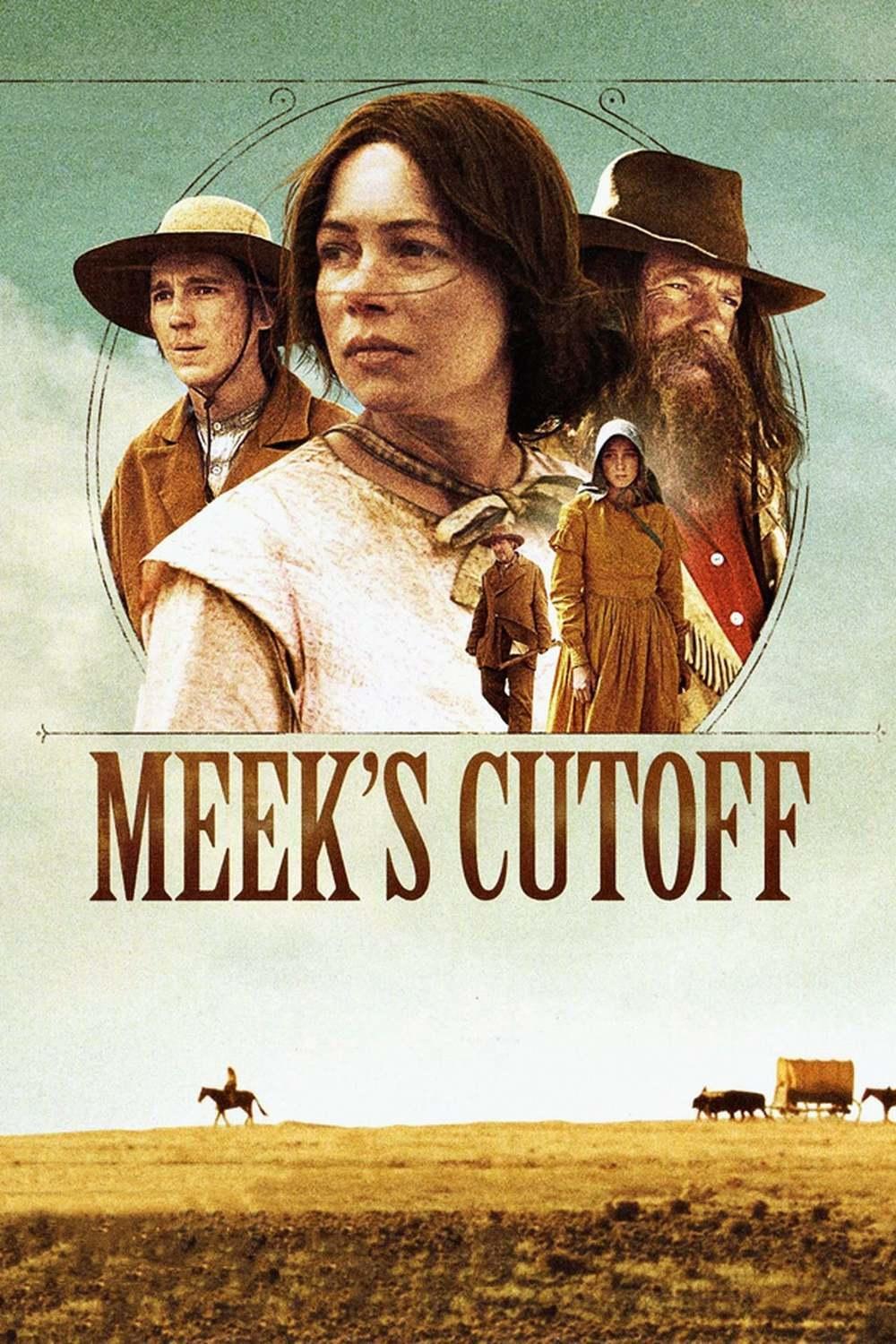
Meek’s Cutoff - dir. Kelly Reichardt
The eeriest part of this movie for me was seeing the rhetoric I hear from Zionists spoken by American pioneers in the 1800s, without any change at all. And at first I thought this was only a footnote in my overall response to the film, but fundamentally, this is a film about a land and its relationship to the people who inhabit it, so the connection to modern day Zionism is not a coincidence; the language of the Zionist is just a modern iteration of the language of the colonizer.
Far from an original observation on my part, I think anybody who is remotely politically engaged could have this viewpoint… what Reichardt does with the wide angles of the Western genre, however, is draw attention to the material realities of colonization in a way that only film can accomplish. By juxtaposing the settlers’ ineptitude with the expanses of the Oregonian desert, Reichardt establishes a disconnect between the people and the territory. They possess an entitlement to a land they do not even know, or care to understand.
Contrast this with the so-called “savage” indigenous man, who moves through the land with ease and confidence, knowledgeable of the territory that he has bled and breathed for his entire life. The landscape and the people inhabiting the landscape are alien, but only to those with the intent of conquest. 7/10.
-
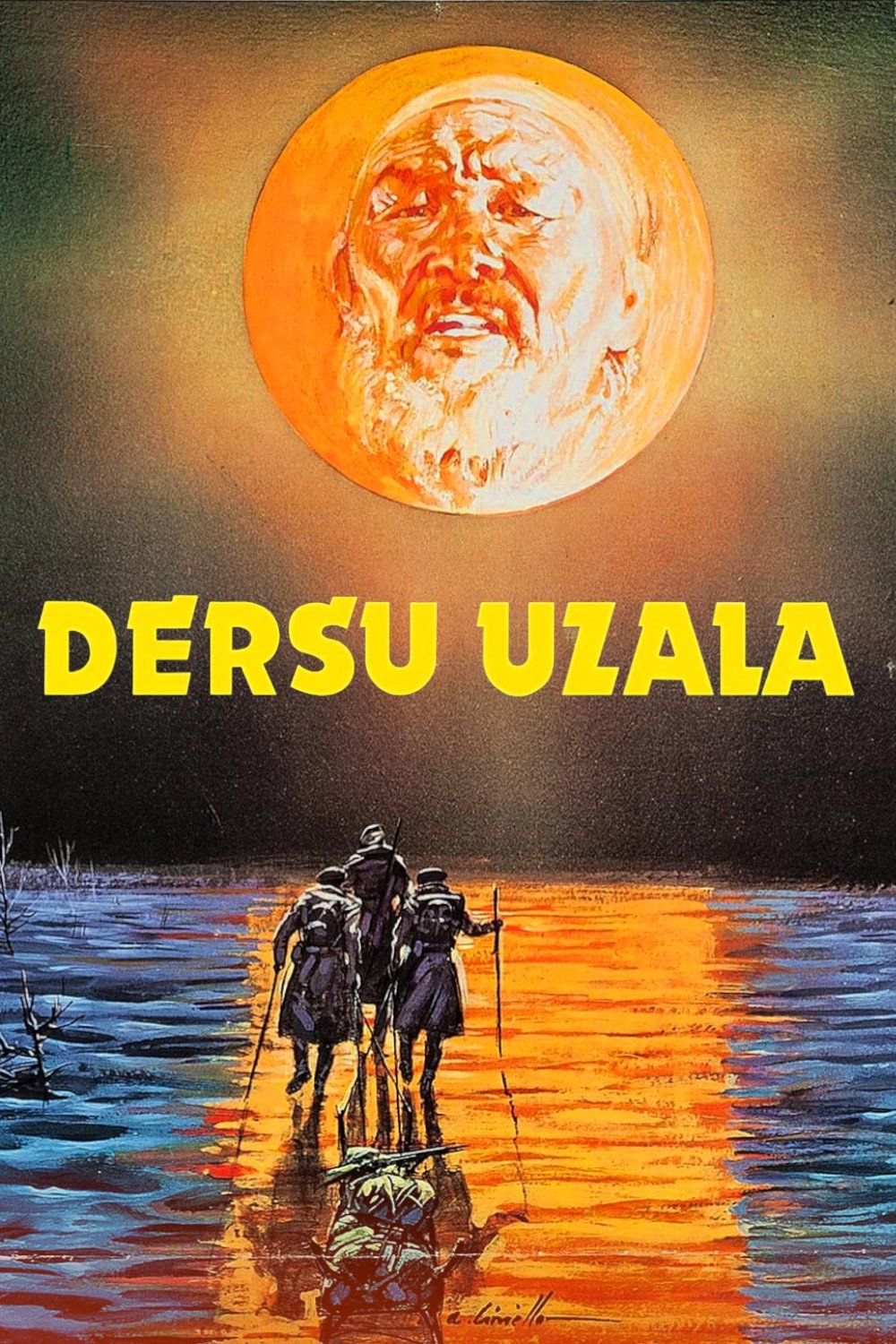
Dersu Uzala - dir. Akira Kurosawa
There is an innocence to this film that makes it all the more tragic to me, the distinct time period it takes place in, before the two world wars, before the Cold War–in a sense, before modernity as we know it was conceptualized by the great deciders of things. Before all of that, there was a friendship, and that friendship was pure, and it was built on love, trust, survival, and brotherhood.
For me this might be the most magical film by Akira Kurosawa, totally tragic, totally soulful, totally masterful. Dersu’s way of life is taken from him by the onslaught of civilization and his blindness prevents him from maintaining it. I get the sense that Kurosawa idealizes him the same way the Captain does, a man from another time, a man who does not exist under the social pressures that would drive men to commit evil in the coming century. 10/10.
-

Rush Hour 2 - dir. Brett Ratner
Pretty decent, jokes get a bit repetitive tho. Always a fan of ethical racism. This is how me and my homies talk
5/10.
-
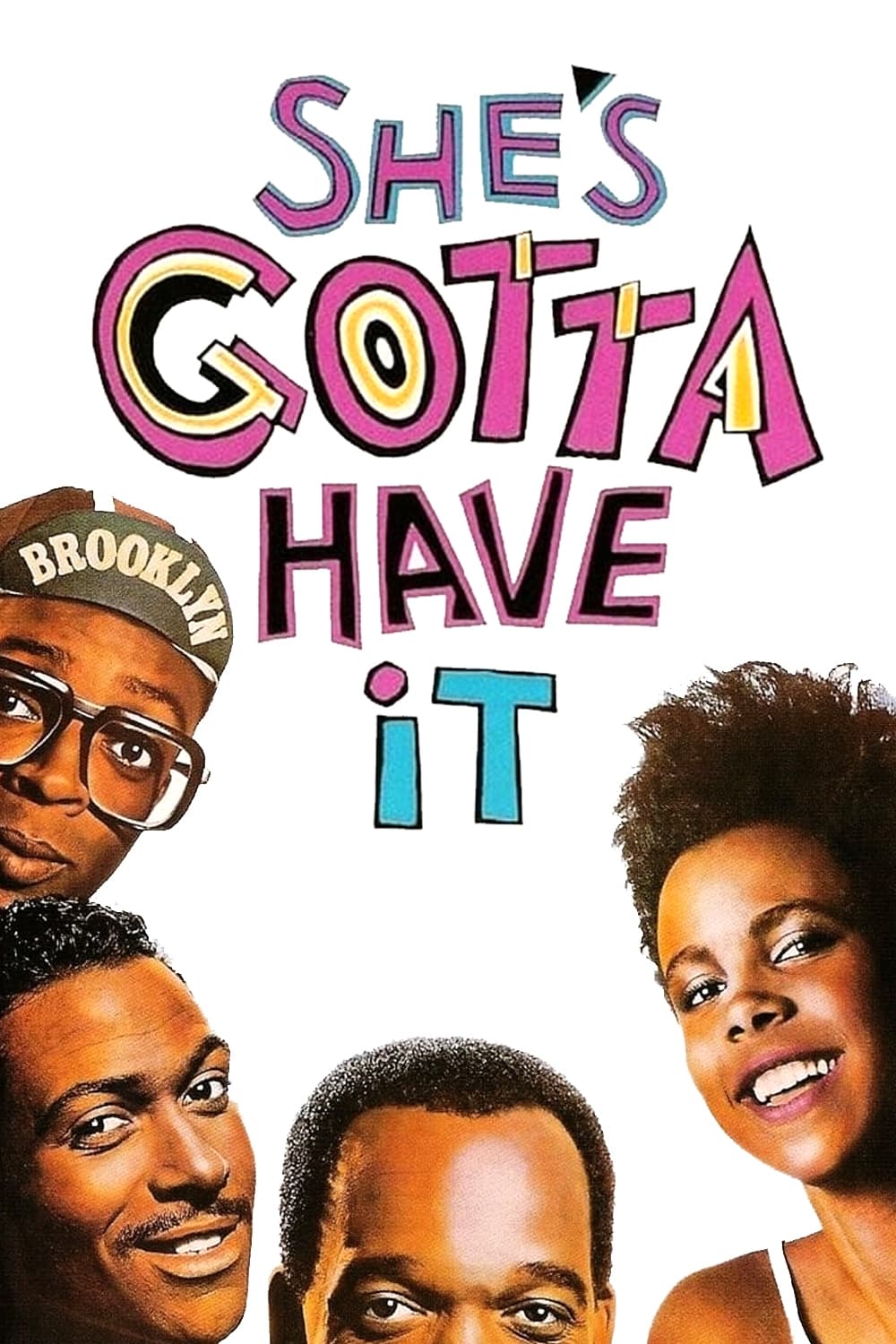
She’s Gotta Have It - dir. Spike Lee
Rewarding to see this debut film after having absorbed Lee’s style through many films. It’s like I’m watching the birth of a visionary; Spike Lee gets so much juice out of this simple concept that I feel inspired to go out and make more movies myself. It’s so clear that he got all his friends together to make the film, and that’s the kind of spirit we need more of as filmmakers. The boldness to just say, let’s tell this story with the resources we’ve got and just have a fucking good time doing it. The idea that film has to be some meticulous pursuit of perfection is bullshit, all it needs to be is a labor of love, and Spike Lee proves it.
Nola is so goddamn charming, it would’ve been easy to fumble the role, the character is geared to set people off (a woman who sleeps around without feeling much remorse for it)… but you just wanna see it work out for her. Reminds me of Araki’s Splendor, though perhaps with a more cynical ending. I’m not sure which I prefer. I think Araki earnestly believes in the polyamorous relationship, while Lee sees it as impossible under the current paradigm. 7/10.
-

Eternity and a Day - dir. Theo Angelopoulos
I wish, and I mean really wish, that I could write something about this film; that I could in detail describe its meteoric impact on my spirit. But I suppose I will only use superlatives. I will talk about how much it made me think about my own mortality, and my own life, and how much beauty and tragedy I have left to experience in my time here on this Earth. So many of the questions and neuroses I wrestle with on a day to day basis hold no meaning when faced with the end of an epoch, the memory shuffle of a life in hindsight. Light and dark. War and peace. Life and death. I want to make a film like this someday.
I WILL make a film like this someday. 9/10.
-
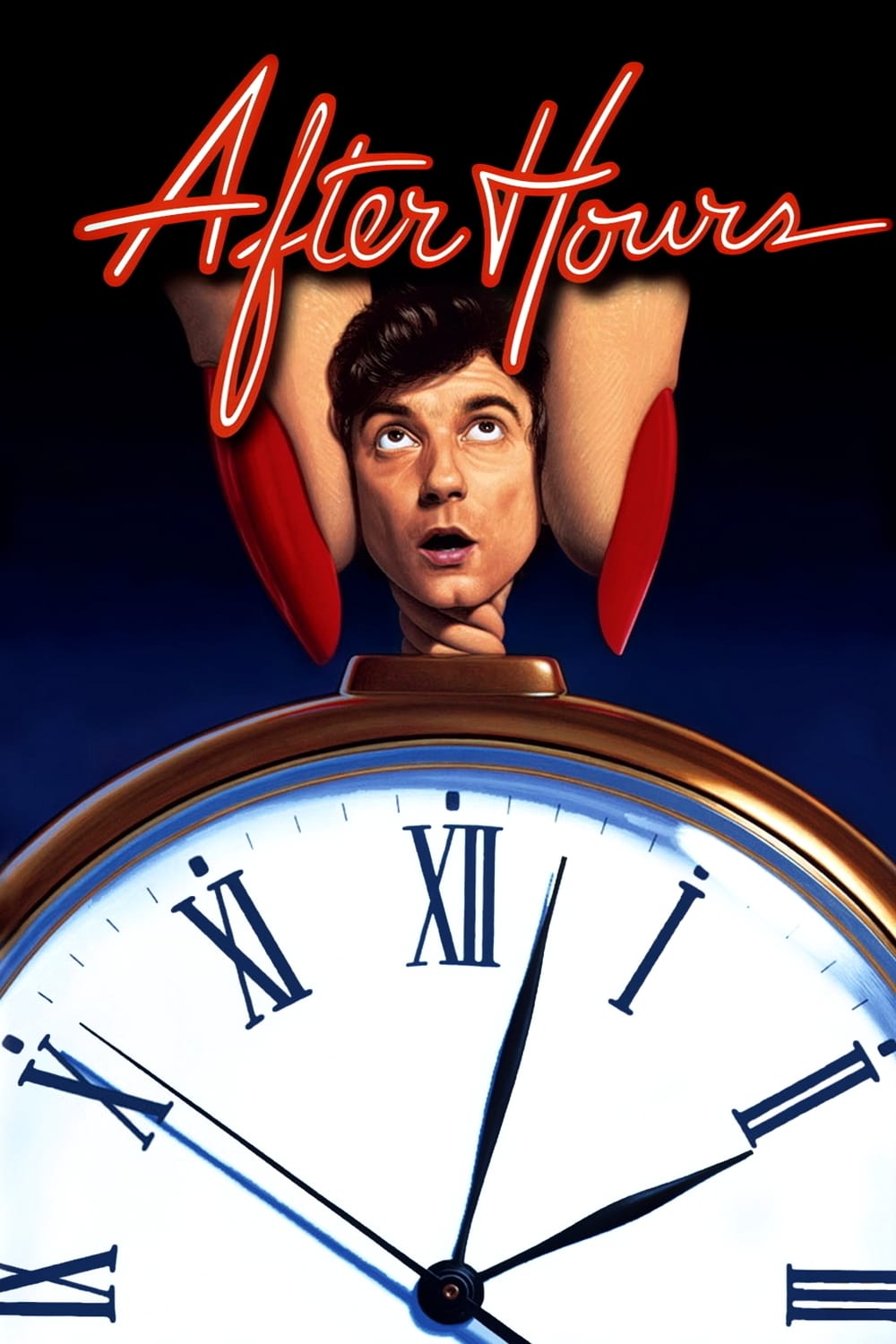
After Hours - dir. Martin Scorsese
Time for my craziest Scorsese take, which I am realizing after watching this and a few other of his bangers in succession… but I think his films are far better when DiCaprio is not in them. I’m not even sure why, entirely, I don’t hate DiCaprio as an actor (I surely do not like him, though).
A movie that is not so much punishment for sexual desire like some have speculated (seems like too much of a surface level read to me); rather a story of a man completely inept socially and terrified of women as people. God and society punishing him for not following the rules.
Feel-bad cinema at its best. 8/10.
-

Made in Hong Kong - dir. Fruit Chan
Coming of age, crime. Is there a better genre combo? The fraught world of being young lends itself perfectly to elements of criminality, because when you’re dealing with raging hormones and existential angst it’s not hard at all to fall into misanthropic malaise, and Fruit Chan’s depiction of young fury has rage in dividends. This film is like its main character; a lit fuse, a bomb attached to a countdown. 7/10.
-
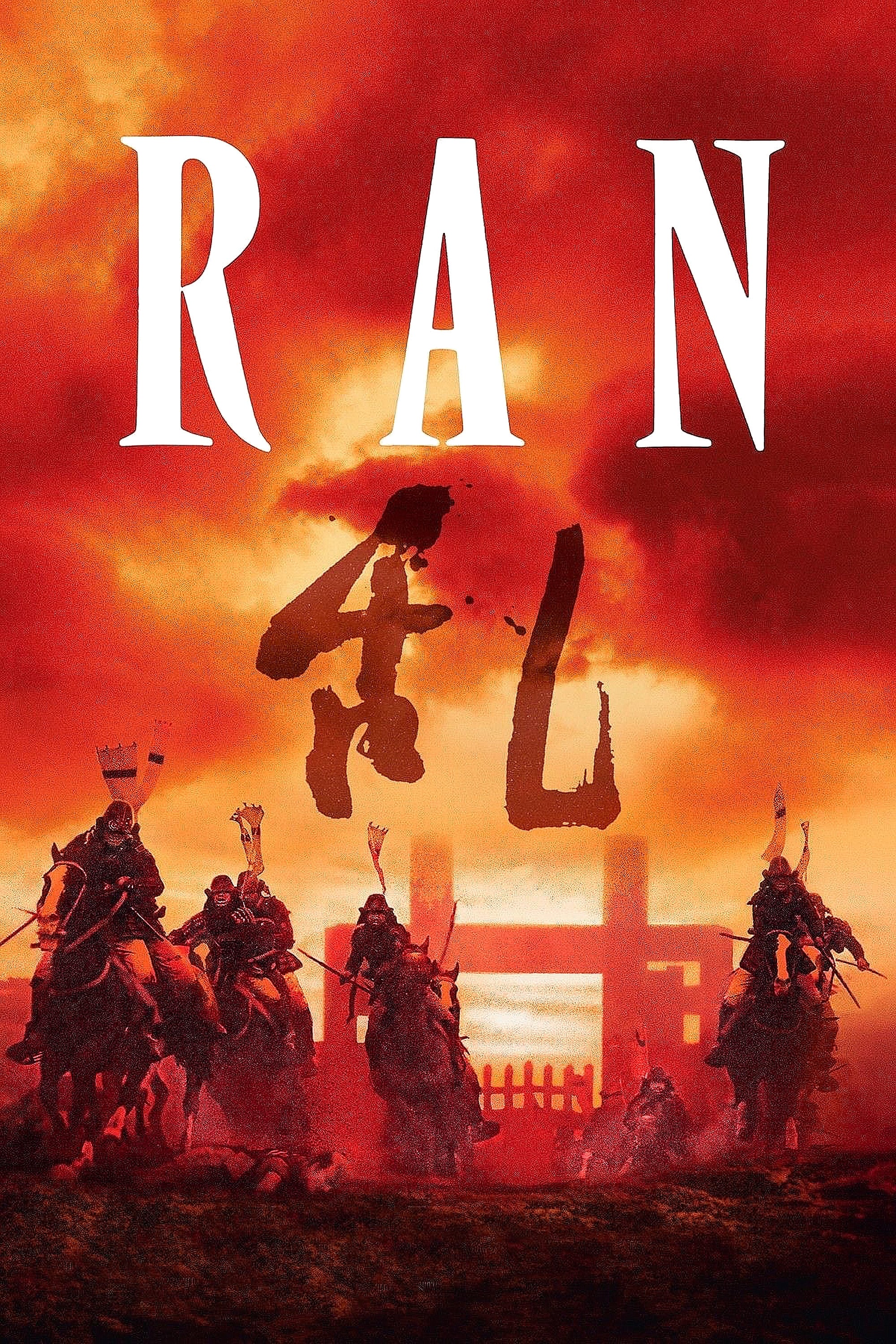
Ran - dir. Akira Kurosawa
In some ways reminded me of how it felt to watch Princess Mononoke for the first time, or how it felt to read Shogun as a teenager. Few films get at the dread of the battle, or the depiction of samurai as schemers over warriors. More deceit and stratagems than swordsmanship.
Kurosawa in color is my favorite Kurosawa. 8/10.
-

Kagemusha - dir. Akira Kurosawa
Coldness in art works for me a lot of the time, there is certainly merit to distancing the action from the audience, especially if you are trying to depict alienated people in cruel systems. Kagemusha attempts to do this but I am not sure if it works for me at all. It is like Ran, if Ran were less personal, less dramatic, less emotionally rich. 4/10.
-
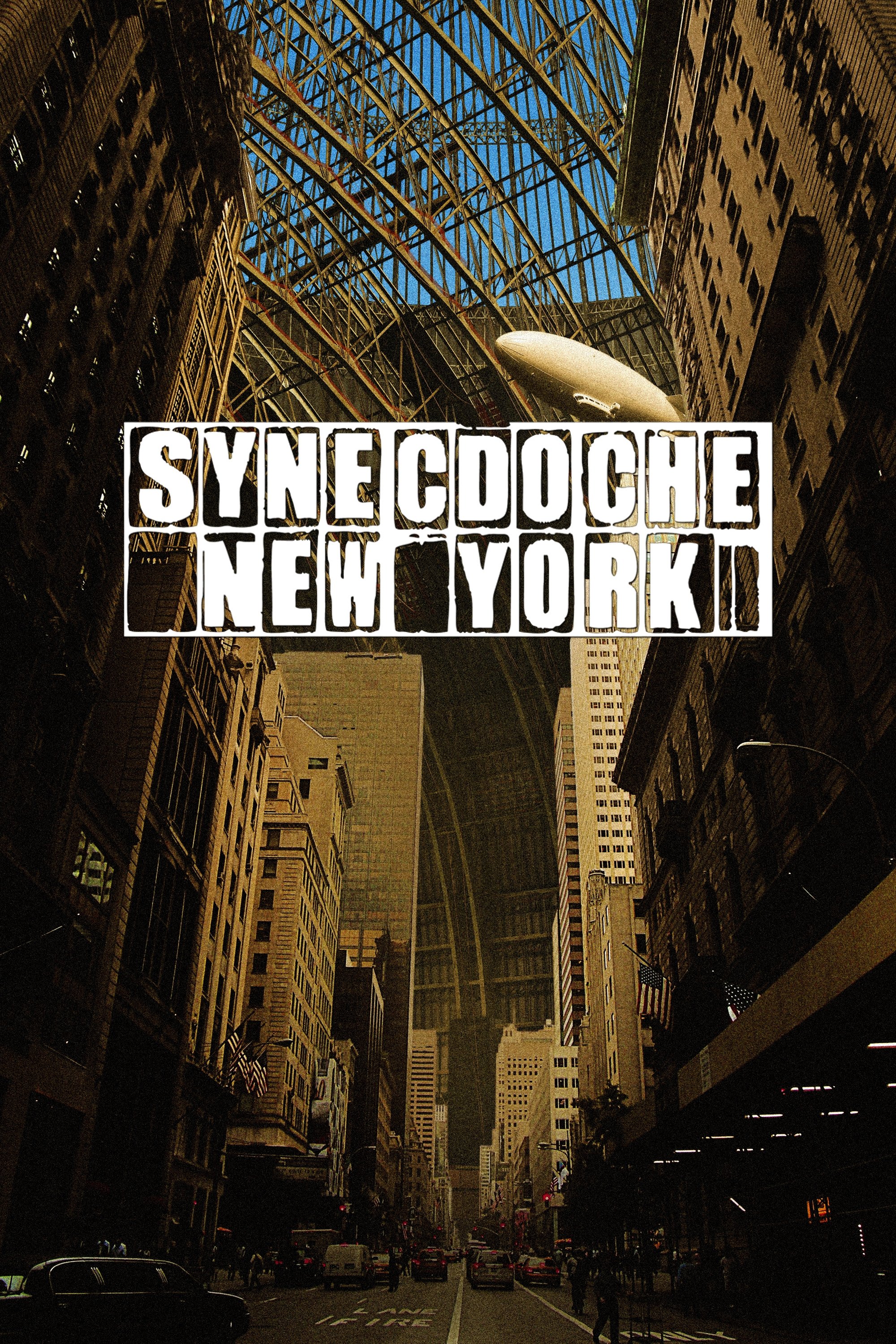
Synecdoche, New York - dir. Charlie Kaufman
Adolescent philosophy for when you still believe the world is a p-zombie riddled extension of your psyche and consciousness and you think the entire universe revolves around your neuroses. At the very least Kaufman attempts to transmit this idea metaphorically, even if the metaphor ends up swallowing itself whole in solipsism.
I find it so bizarre how people will give Shyamalan shit for the unnatural way his characters talk (they’ll tell you it’s because of a formal mismatch or some other bullshit) but they’ll call the alien language of Charlie Kaufman high art. Nobody here talks like a real person, all the female characters are mean/cold/oversexed responders to Cotard. In fact the entire movie conceptually seems like a naval-gazing self-flagellating Kaufman therapy session.
It’s all just a bit pathetic, isn’t it?
Defenders will say, this is the point, it’s supposed to be pathetic, because life is misery or something like that, but I just disagree I guess? My life has been hard in many ways but I would never make a whole movie about how awful it’s been, or how it’s all so miserable and cruel, and yada yada yada because… a. It’s not. And b. Who the fuck cares?
See what I think I finally realized about Kaufman as a filmmaker is that he is an artist fundamentally uninterested in the world around him. I’m sure he THINKS he is, I’m sure he is convinced that he is a curious person, but every one of his movies is wholly about himself, his anxieties, his mental illnesses. The warehouse setpiece is so underutilized as a concept that I can only imagine Kaufman viewed it as an afterthought. Sure we’ve got this whole reconstruction of New York in our backyard, but the REAL meat and potatoes is that this guy cries after fucking bad bitches. Cmon now, really? Is this cinema or is this just a guy plugging his insecurities and sadness into a typewriter?
My favorite screenwriter ever, probably (besides Michael Mann… maybe), Paul Schrader, talks a lot about how scripts should be personal, but they should be delivered in metaphors. Schrader, lonely in the city as a young man, writes about a taxi driver drifting through the city in a yellow coffin as a metaphor for his own masculine woes. The writer is not the subject, the character is the subject, the world they inhabit is the subject, they are a part of the world–the world is not an extension of them. It also helps that in Taxi Driver, the people feel real. Schrader writes with some stylization, sure (all dialogue is stylized, basically) but his goal is to capture the essence of humanity.
Synecdoche is disinterested in people as people, but rather people as props. And again, this is the kind of movie where because it’s about how the author is a dumb fucking loser who sucks, people are gonna say “that’s actually the point! This movie is about how Kaufman views people as props! He’s making a movie about how much of a dumb fucking loser he is!”
….Alright, then.
4/10.
-
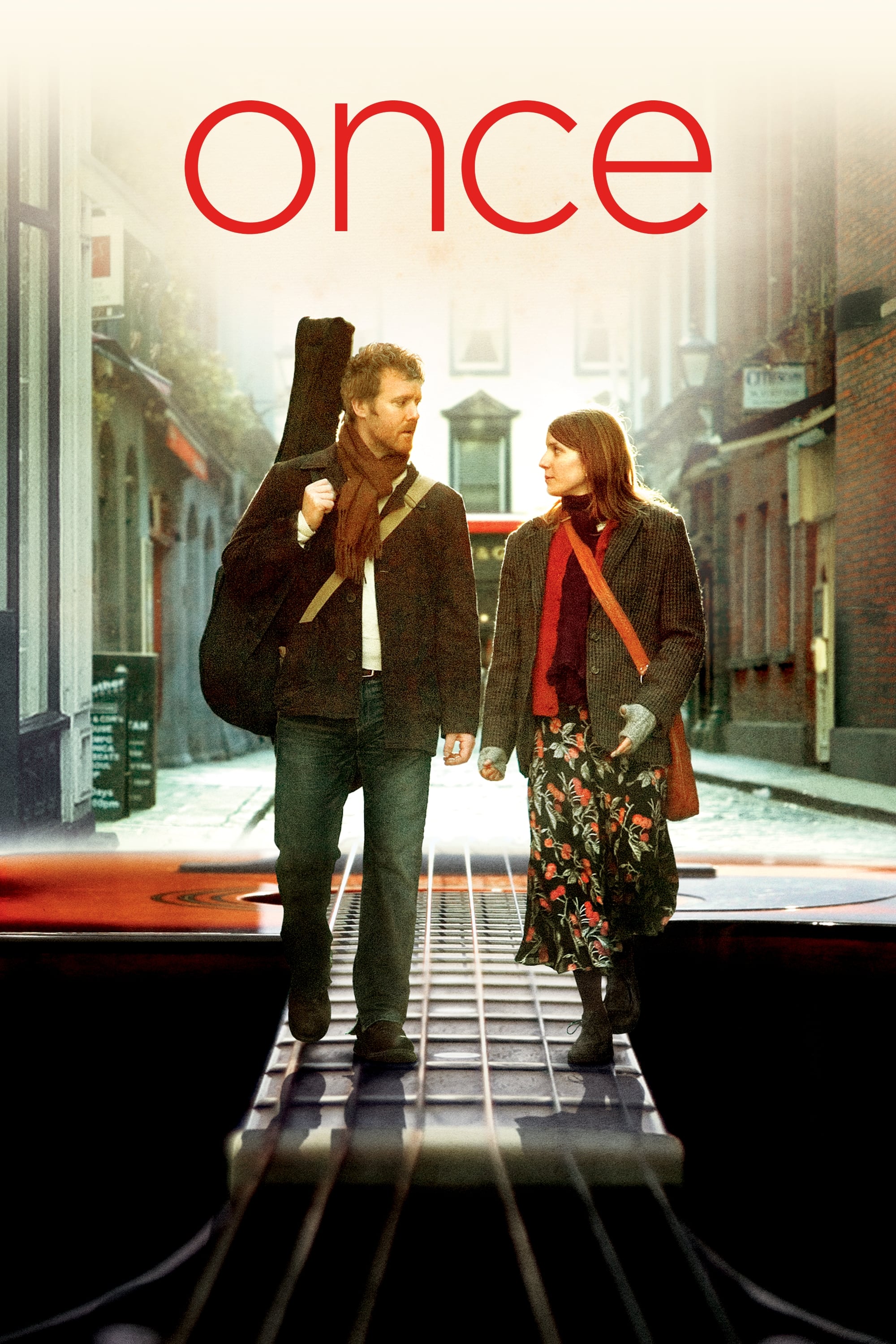
Once - dir. John Carney
Related to this movie because I too was once a sad guy post-breakup and met a wonderful Slavic immigrant woman who brought happiness back into my life and is now my girlfriend.
But besides that, kinda mid.
The music is OneRepublic-core. Only way you’d like the songs is if you really fuck with Coldplay. Or like. Phillip Phillips or something.
I have enjoyed John Carney’s work but his songwriting has always been ass. What carries Sing Street and Begin Again is the chemistry between the actors and the catchiness of the songs. Here we have neither, and on top of that the actual cinematography is butt ugly.
I understand that they were working off a small budget, but it is still possible to adhere to a strong visual language in those conditions. 6/10.
-
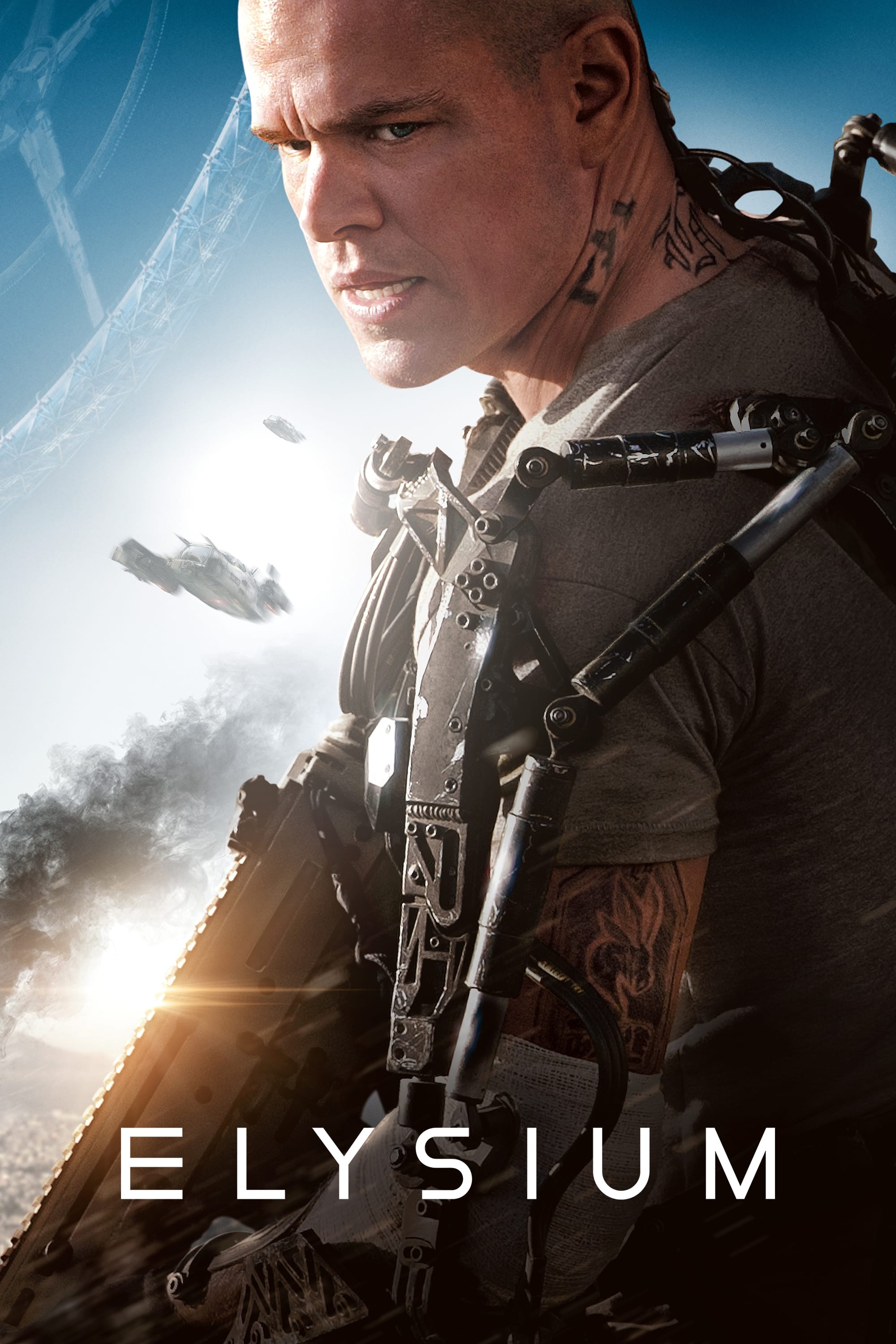
Elysium - dir. Neill Blomkamp
It’s begging to be directed by Michael Bay. 4/10.
-
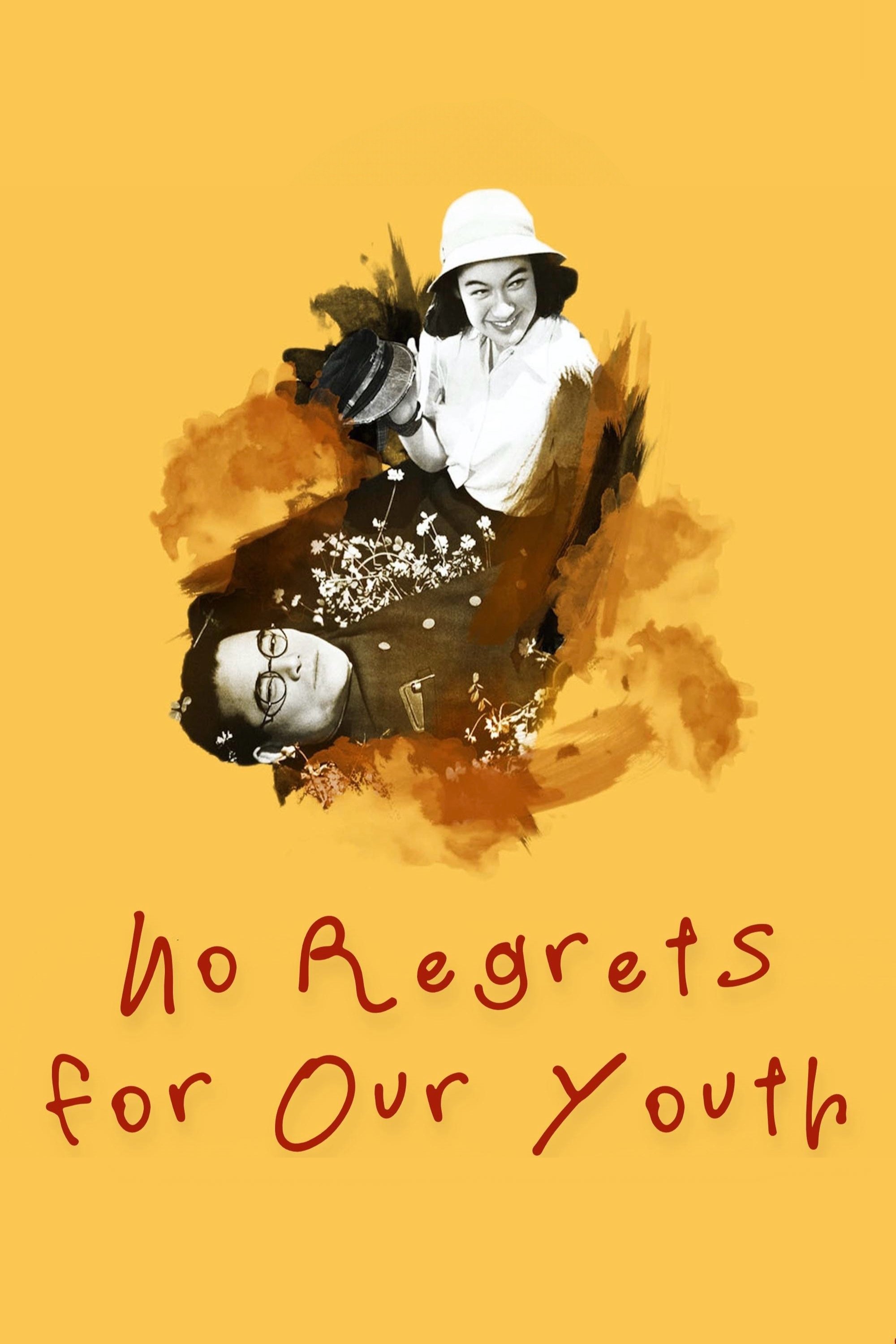
No Regrets for Our Youth - dir. Akira Kurosawa
Thankless youth doing bastard’s work to keep society afloat, and all they receive in return is spit in the face and disapproval. They’d rather crush our voices than admit we’re right. There’s nothing fascism hates more than the young dreamers, the radicals who believe in a future for everyone.
I was surprised by this film for many reasons. It’s one of Kurosawa’s earlier social dramas, feels very reminiscent of his contemporaries like Kinoshita but it still has that dark Kurosawa edge that keeps him beloved by the Western film audience. He believes society is inherently fucked up but that individuals can prevail morally by dedication. I don’t agree, but I still find his movies pretty decent. 7/10.
-

Forever a Woman - dir. Kinuyo Tanaka
Just a bit too miserablist for me sadly.
Also I have to admit I was quite stressed irl when I watched this.
Will possibly revisit in the future.
5/10.
-

Wanda - dir. Barbara Loden
She stepped out into the long, dark night with a briefcase and a lit cigarette, wisps of smoke constricting the cold Pennsylvania air, the smell of coal thick on the breeze. Life had lost its meaning, fatalism had taken hold, and she realized at some point or another that she was in fact just a leaf flitting down from a very, very tall tree. Someday she’d hit the dirt, but ‘til then it was a view of the bark, a long drop to a certain end with only the ocean’s currents and the stirrings of the clouds to accompany her slow descent.
In the meantime, she’d drink, and she’d smoke, and maybe she’d fuck around a bit too, maybe even steal money from the register while they weren’t looking. Perhaps she’d jump from lover to lover, the end of all things signaling that it was time to abandon the hotel room. The tryst over, the panties on the nightstand a piss-poor reminder of what it felt like to seek meaning in the grime. Rank with the stench of death, she continues onwards in her senseless quest for Doing. The only alternative to Doing is Not Doing, and this means death, and she’s not ready to face that. 7/10.
-

Dreams - dir. Akira Kurosawa
I bet every filmmaker fantasizes about a project like this. Carte blanche freedom to recreate their dreams on camera, isn’t that what cinema’s all about? Lord knows I would kill to turn my dreams into movies. When I was a kid I wished I would live to see the day we could record dreams and play them back.
I used to dismiss dreams on the empirical basis, now my perspective has shifted to what it was before I went through my “rational” atheist era, that dreams are vastly important parts of our lives and should be treated with a sense of sacredness. Kurosawa’s dreams tell us so much about who he is, and that is the mark of an artist, since if you’ve seen any of his films up to this point this film should not be particularly shocking. It is Akira Kurosawa through and through.
A theme I sense here is responsibility, Kurosawa feeling the burden of guilt and responsibility for tragedy in the world, and you get the vibe that his whole life has been defined by observing suffering and feeling powerless to do anything about it. Perhaps even some guilt for turning the pain of others into art for consumption.
There is a grand totality to the film, a feeling of completion, melancholy, and magnitude that comes from a life well lived, an artist at the zenith of their abilities and time on this earth. 9/10.
-

Heroic Purgatory - dir. Yoshishige Yoshida
Faces obfuscated by surfaces, the camera lingering out of reach, depicting an alien world in which the humans are not human, the spaces are empty, the politicians are cold and distant entities removed from the natural process, and the soul has been corrupted by bureaucratic failure. The revolution coughed and sputtered out its dying breaths, falling out of the nest before it ever got a chance to fly, and we’re living in the resultant decay.
A film far easier to appreciate than enjoy, at least for me. Some of the most mindblowing cinematography you’ll probably ever see, but it’s not a very easy film to understand (I made up that first paragraph off of vibes alone, I could not support my claims if I tried). 8/10.
-
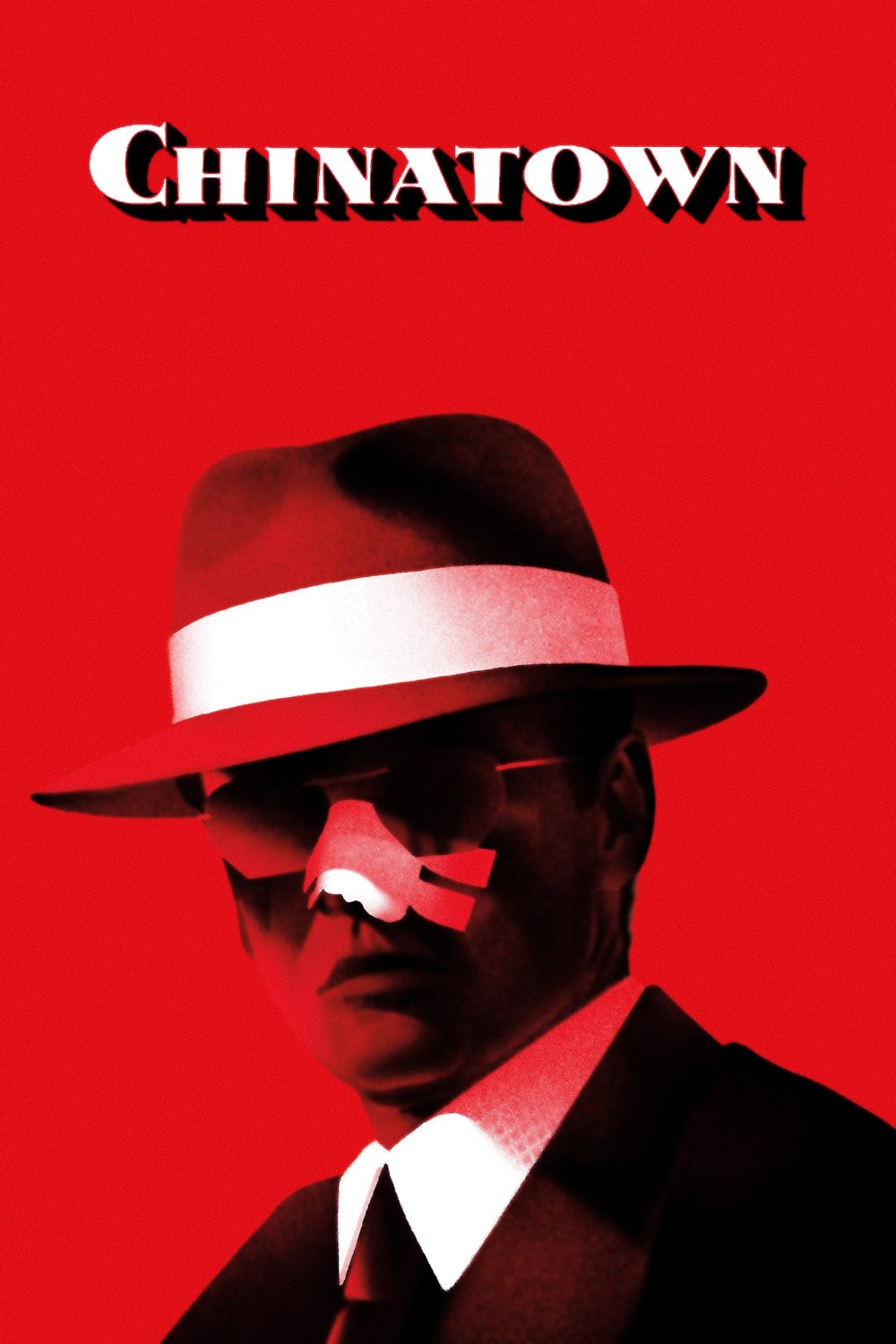
Chinatown - dir. Roman Polanski
Gave me a bit of inspiration for this script I’ve been working on. I realized what I’m trying to write is kind of a plotless noir, which to me are the most entertaining. It sorta boggles my mind what people see in a script like this, because sure it’s okay, it’s a decent story, but I don’t care? It never made me feel like I was REALLY there, which I think is way more important than a competent story.
Also, I will never not find it hilarious how much people feel the need to grandstand when reviewing a Roman Polanski movie. GUYS I LOVE THIS MOVIE BUT I AM ALSO ANTI-PEDOPHILIA I SWEAR. “Reading Mein Kampf in public while shaking my head so people know I disagree” vibes.
6/10.
-

‘R Xmas - dir. Abel Ferrara
Christmas cocaine, Santa Claus delivering presents to children at the end of a barrel, the splicing of faith and violence. The suggestion of biblical allegory in a modern context by stripping the main characters of their names, the contradiction inherent to the cop and criminal dynamic of America the frontier. The Thug is the Police Officer, the Enforcement of the law is the same as subverting it. We operate by myth, not by logic. The naughty list and the nice list isn’t a real moral delineation, girls playing with dolls isn’t a biological imperative, we are really just apes at the mercy of our society’s stories, and the civilization we’ve constructed with the illusion of law and order will become eradicated once those stories break down. Long live Rudy Giulliani, the harbinger of the apocalypse. 8/10.
-
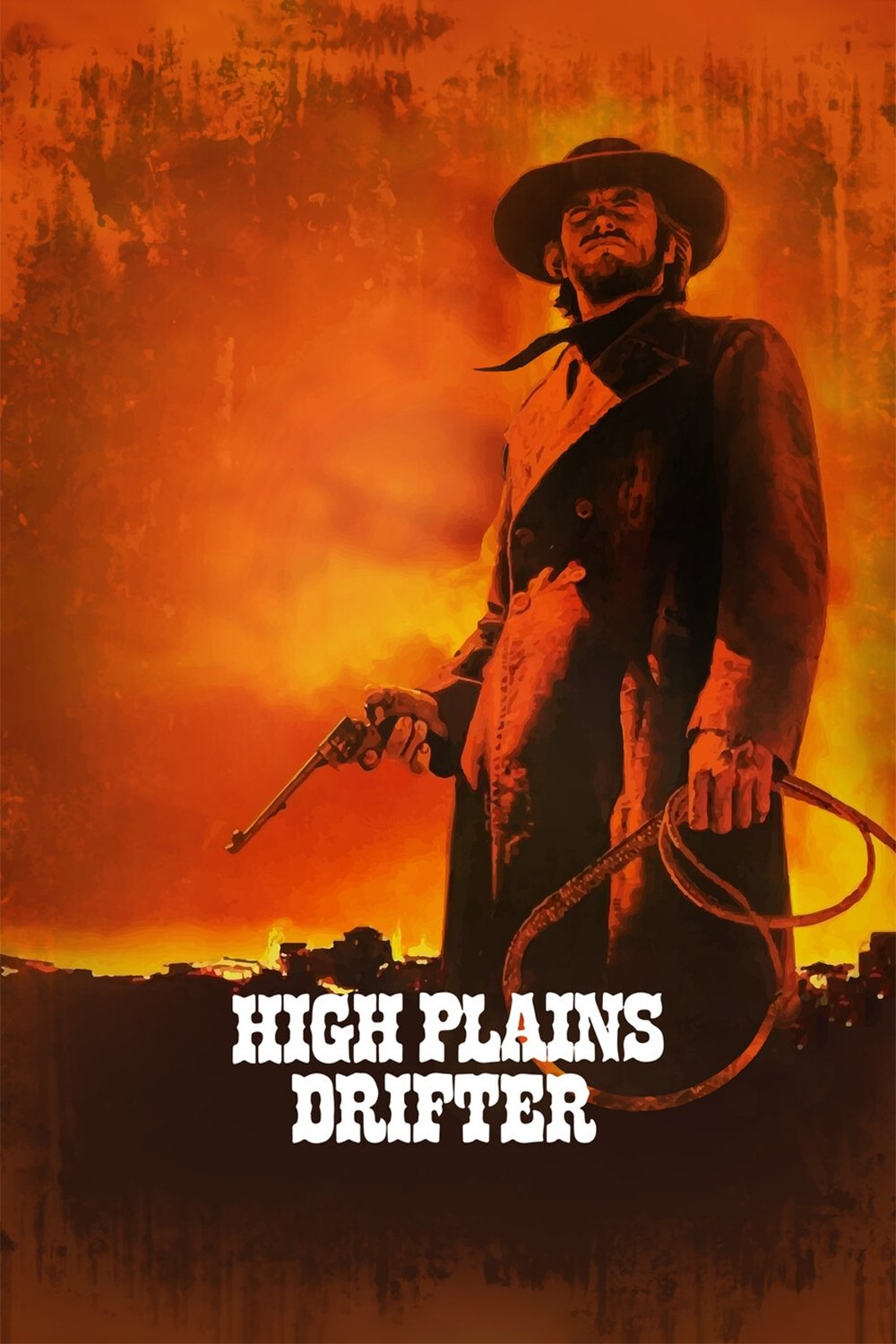
High Plains Drifter - dir. Clint Eastwood
Eastwood took lessons from Leone, transforming The Man with No Name into something chilling instead of heroic. He represents the sociopathic forces at play in the Wild West, which has always, in some form or another, America itself.
This is a Western straight out of hell, it is as blunt as a bat and strikes with force, you really don’t get much more of a literalized depiction of American barbarism. Clint has made soothing films, but it’s his visions of evil that get me in my stomach. 8/10.
-
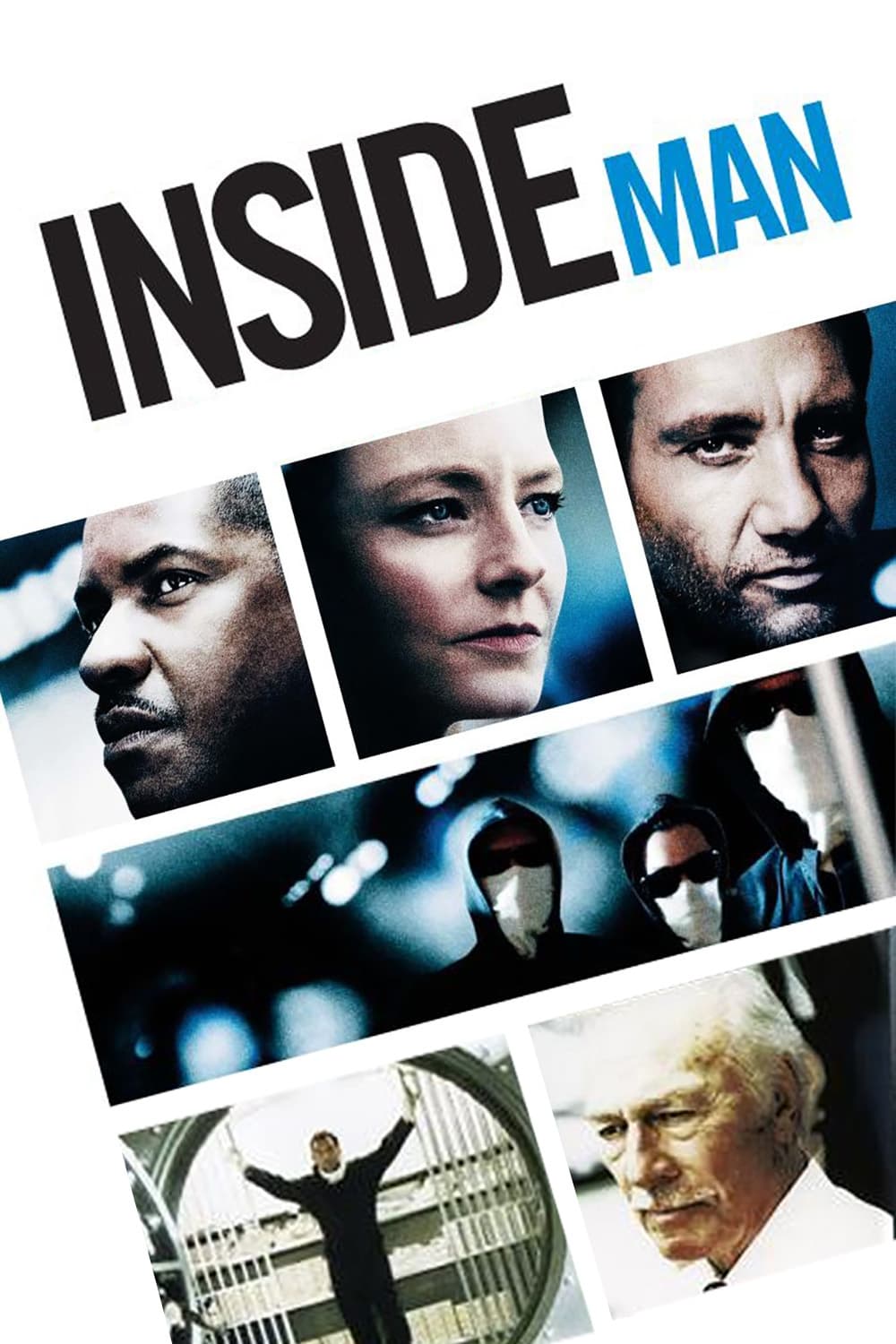
Inside Man - dir. Spike Lee
Very functional, but I struggle to see the appeal; it has none of Lee’s visual flair, the script isn’t funny at all like his other work. Had a bad feeling as soon as the opening credits read “Directed by Spike Lee” and not “A Spike Lee Joint”. 5/10.
-
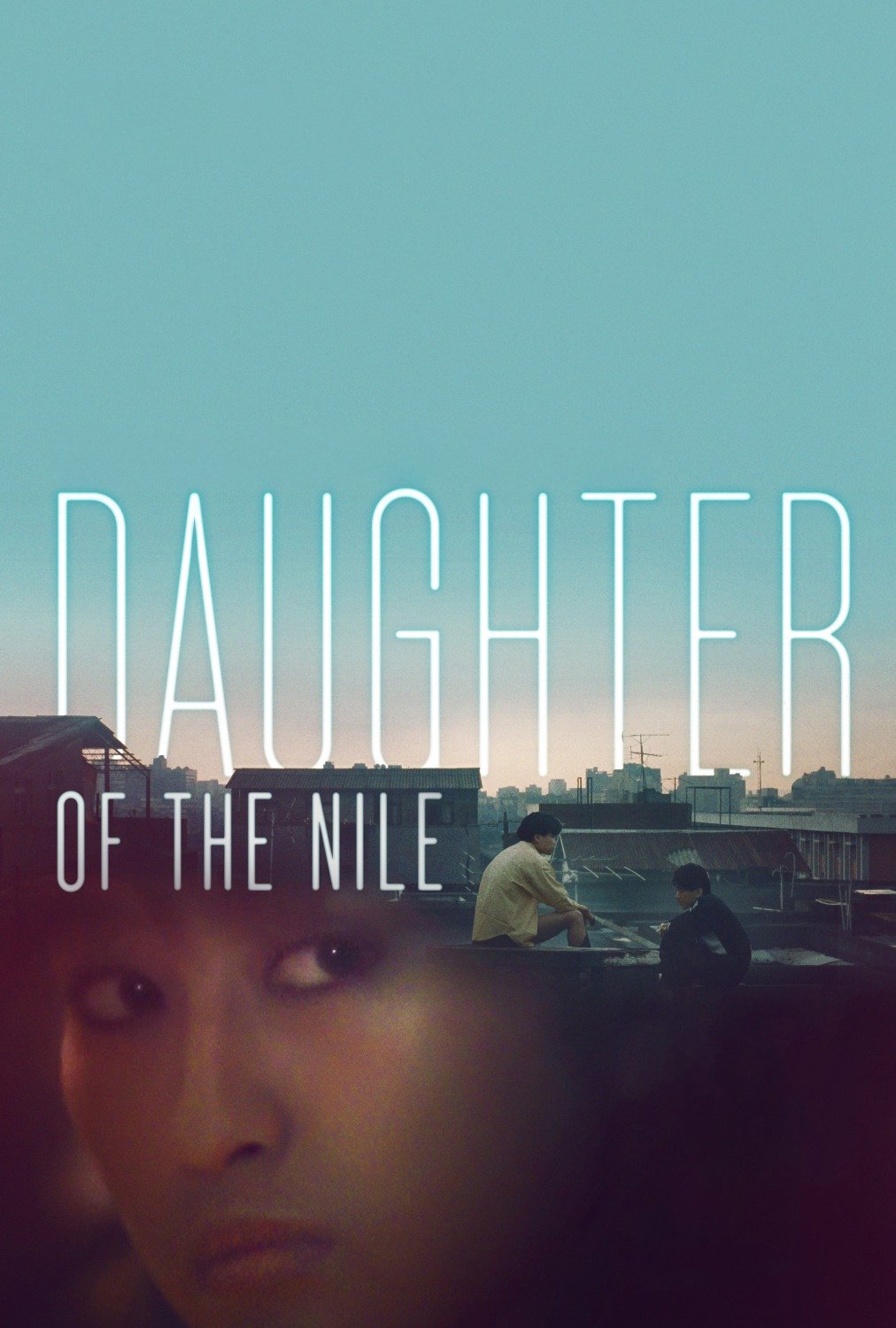
Daughter of the Nile - dir. Hou Hsiao-hsen
Repetitions wrought out over the scale of the human experience, history serving as a gravitational pull, the black hole at the center of all potential from which no organism can escape–we are nothing if not products of fate. Half the screen always remains obscured, lots of negative space. Hou remains one of the more fascinating film impressionists I’ve seen. His version of it strikes me as surveillance, it always feels like the camera lingers in the reality of the narrative, just out of the characters’ sight.
I don’t know if any filmmaker understands youth the way Hou does. Not to say he’s the “best” at it or the most “accurate” but he gets at the feeling of pointlessness more than most, and in such a fine-tuned manner, with enough romanticism to offset any residual dreariness. There may not be anything waiting for us or any future worth saving, but we have bonfires, we have sad Kentucky Fried Chicken vibes, and we have a grandpa with a gambling addiction who gives us some of his lottery winnings sometimes. 9/10.
-
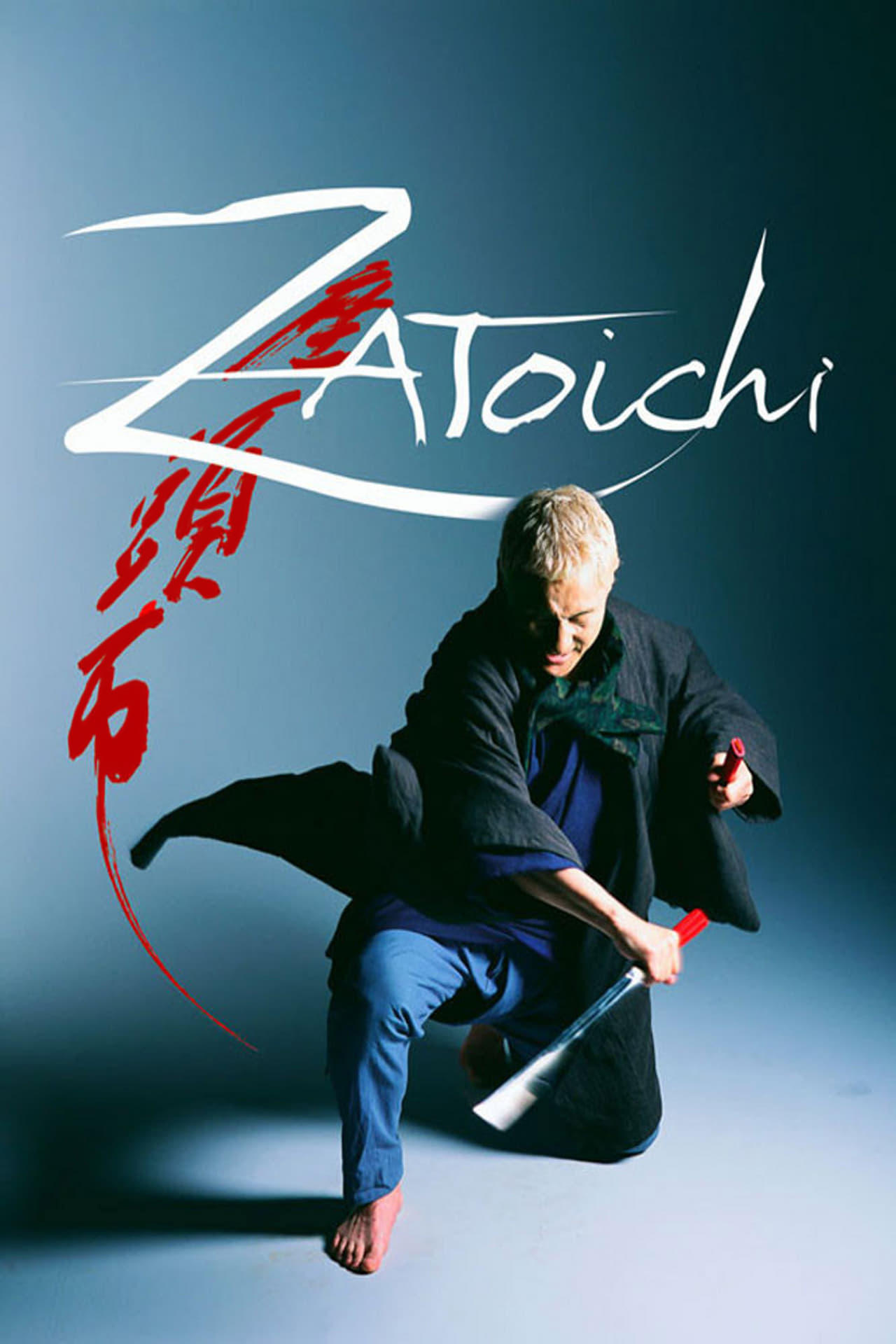
Zatoichi - dir. Takeshi Kitano
Had high hopes for this, not sure where it went wrong.
Found myself implacably bored. Action isn’t too great, comedy doesn’t work for me.
I’m getting the sense Kitano kinda lost his touch after the turn of the millennium. I’m more attracted to his sentimental work in the 90’s. 5/10.
-
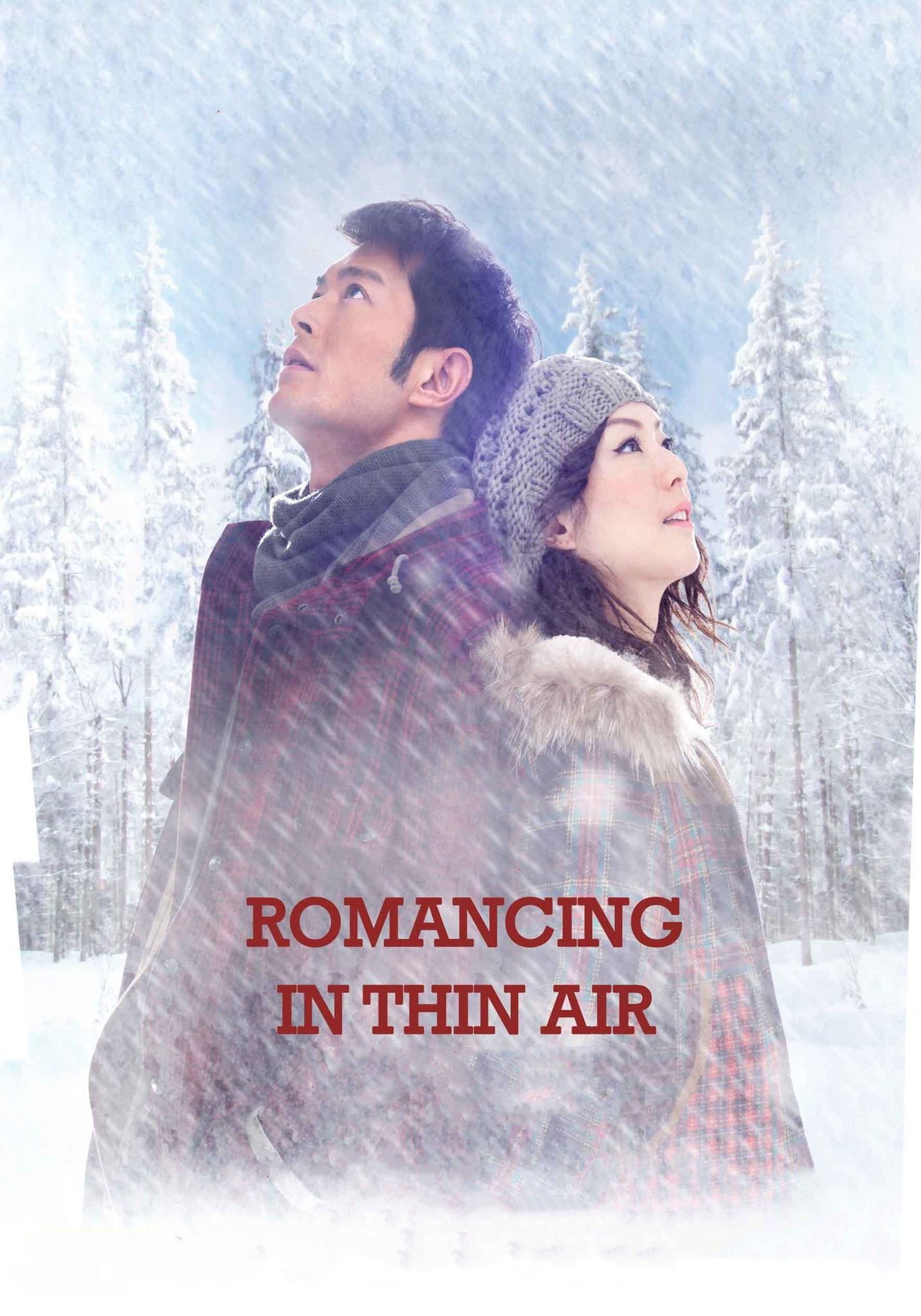
Romancing in Thin Air - dir. Johnnie To
Nothing but pure Johnnie To sentimentality. So much love for cinema as an art form, pouring with the sincere belief that art can heal us as people.
At the end of the day, if a film can make me smile this much, it’s a good movie. 7/10.
-
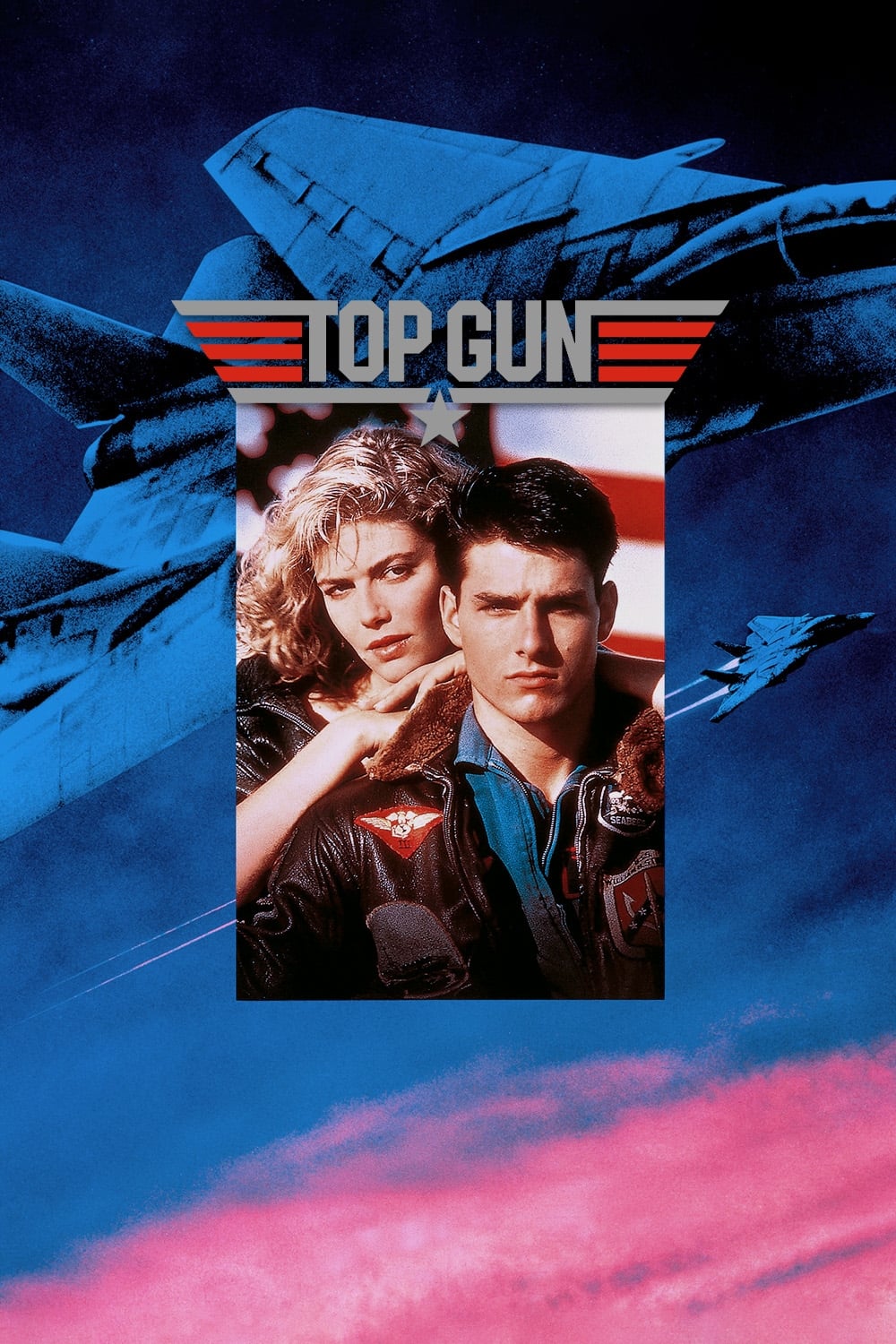
Top Gun - dir. Tony Scott
Maybe it’s because I saw it first, but I prefer Days of Thunder. Ironically Cruise has more chemistry than McGillis than his own wife, though.
Car racing is infinitely more interesting to watch than dogfighting. Pretty much did not care about the planes, the romance worked for me though! Despite Tom Cruise lacking chemistry with women in general, Tony Scott can still direct the shit out of anything.
Love the soundtrack. A dope hangout movie, I only wish it committed more to hanging out. 6/10.
-

Domino - dir. Tony Scott
Life at the flip of a coin, chance as the great decider, a world guided by absurdity, surveillance, and chaos. No truth, just algorithms. Tony Scott’s 21st century film; Richard Kelly’s warmup for Southland Tales; overall a seminal work to understanding the postpostpostpostpostantimetapostmodern world.
Adrenaline fueled editing like all of late era Tony Scott’s work. A lot of fun but also a bit exhausting when fueled by Richard Kelly’s buck fucking wild script. 7/10.
-
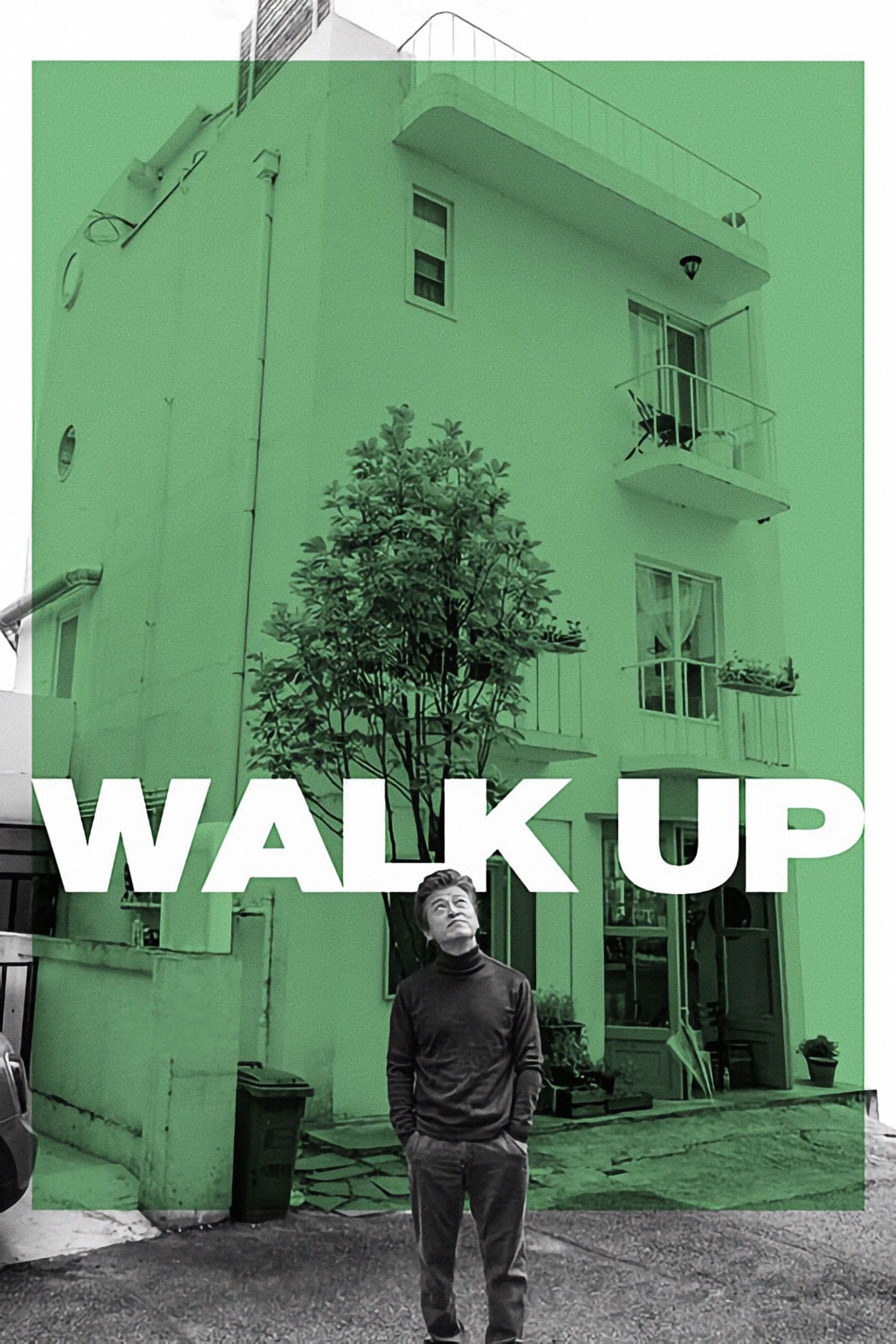
Walk Up - dir. Hong Sang-soo
I have reached the understanding that I will most likely enjoy every Hong Sang-soo film I watch. Once a month I make a point to decompress with his movies, and each time I am delighted. The stresses of life never seem quite as bad when I get to just watch some human conversation play out. No idea what he cooked here but I liked it, and that’s more than I can say for a lot of dialogue-driven films. 7/10.
-
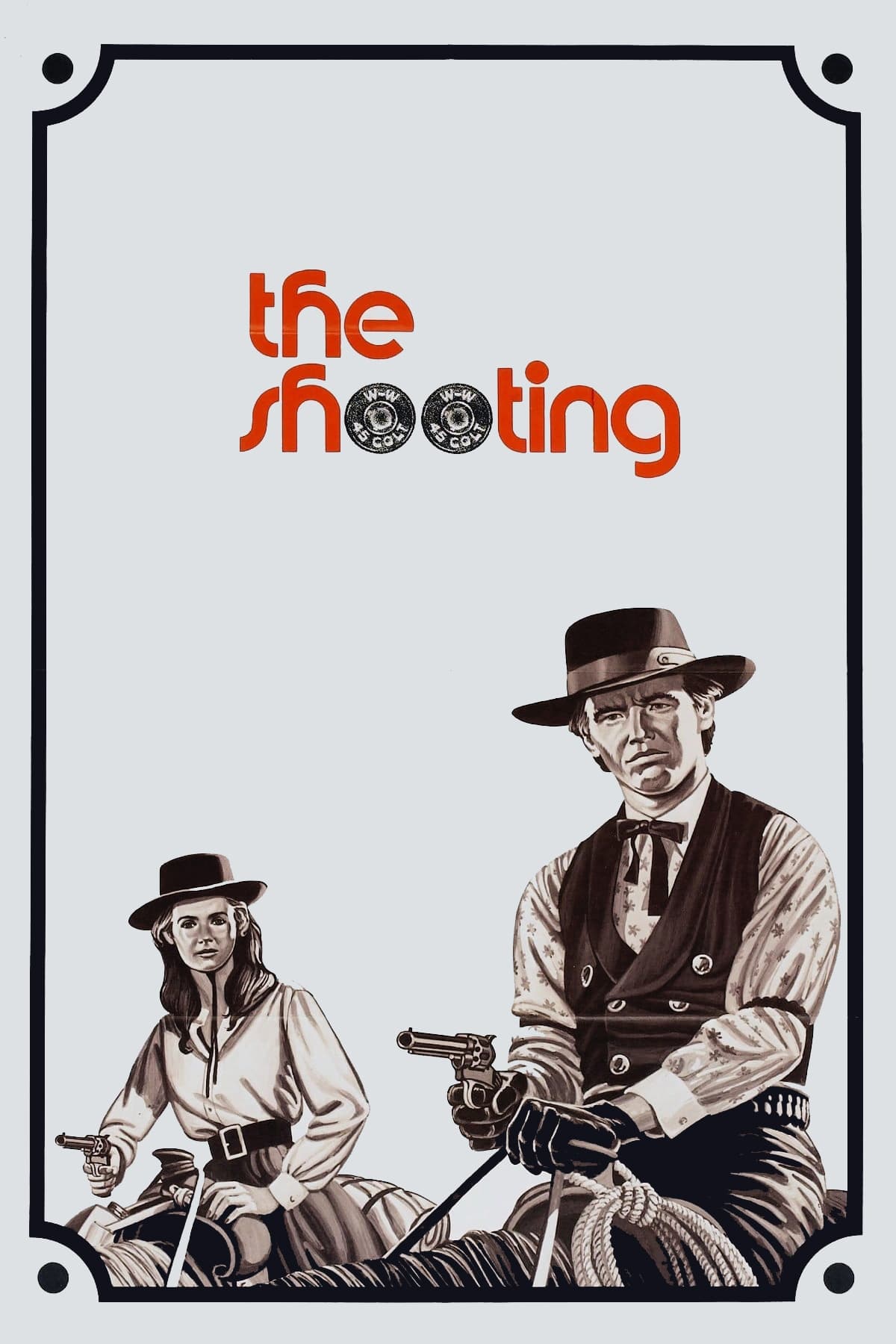
The Shooting - dir. Monte Hellman
Hellman is an oneiric director, channelling dream images without much if any regard for stuff like plot or character or even setting and time. His films feel divorced from reality in a way that’s hard to pin down, but having seen a few of his movies I get the sense that it’s all quite intentional; he uses images to discombobulate the audience. His editing splices against reality to place the viewer in a hallucinogenic state. By the end, I’m in a daze.
In The Shooting, the story is the space, it’s the canvas of sand, and the humans are just ideas. There’s no mystery, just enigma into enigma, an endless spiral that transcends reason. The Western not as good and evil but as a murky plot of land that starves you out, squeezes you of your bodily fluids and leaves you a husk. It’s exactly my type of thing. 7/10.
-

The 15:17 to Paris - dir. Clint Eastwood
Neil Bahadur’s full length review floored me, I think it perfectly goes through the film’s accomplishments, beat by beat.
Late era Eastwood is incredibly fascinating as a director, the way he portrays America is actually kind of unparalleled in its stoic accuracy. His films come off conservative because of how they document reality, and the reality is that America is a conservative nation with deeply conservative values.
I thought it was beautiful to see these three guys who’d only ever cared about guns and war (and other rah rah shit America tells its boys to aspire to) to expand their consciousness and learn about art, history, culture, and clubbing. There is more to life and masculinity than going to war or fighting for freedom or however the fuck you wanna justify pillaging another nation for its natural resources.
I can’t deny that it’s a fucking bizarre movie but by the end, it made sense to me. 7/10.
-

Detention - dir. Joseph Kahn
DEEPLY annoying movie, has its moments tho. 5/10.
-

Peggy Sue Got Married - dir. Francis Ford Coppola
Even a weak Coppola still kinda gets me in the feels.
Conceptually cute, execution felt pretty typical 80’s, lots of boomer 50s nostalgia.
Kinda like Back to the Future if it was directed by someone who wasn’t a total hack? 7/10.
-

Crooklyn - dir. Spike Lee
My family was smaller, for sure, but I remember our two story townhouse in Brooklyn when I was six. I remember the yelling, the cartoons in the morning and fighting with my brother over small stupid shit. I remember the fear in my heart when my mom got sick. Such vivid detail in Spike Lee’s work, such attention to place, time, humanity. Essentially, and I say this a lot lately when I see remarkably terrific films, exactly what I want from a film, what I think the ultimate goal of cinema is, or at least its true potential could be.
Transposing elements from his other films onto a warmer palette, Lee takes the political anguish of Do the Right Thing or Summer of Sam and places it on the family dynamic. The arguments are filmed with as much vigor as any riot or fight, equally complex. I think there is a tendency in many filmmakers to view conflict as inherently problematic, to view peace as an ideal, which is fair, but also unrealistic. Conflict is how shit gets solved, and though I wish my parents argued a lot less growing up, I did not envy my friends whose families were instead stifled by manner and politeness. You see the contrast when Troy visits her genteel suburban aunt. Sure her family fights all the time, but their love is earnest; all that mannerly suburban bullshit does is slip daggers through clenched teeth; far more cruel. 9/10.
-

Altered States - dir. Ken Russell
So often when I see a horror movie, my instinct is to think, yeah this is pretty decent, but it’d be better if Stuart Gordon directed it.
Not here.
This is a Stuart Gordon level horror movie. Pulpy, brainy fun. I love how literal everything is. There’s not even the merest suggestion of hallucination or psychological ambiguity, this is the raw fucking deal. A dude takes shrooms and goes back to the origin of life itself. Zaza got him returning to monkey 🔥
Love the psychedelic imagery. Love the writing. Love the sensuality.
Just a straight up banger. 8/10.
-

A Woman Under the Influence - dir. John Cassavetes
Society is noxious, the norms it enforces are inconsistent and illogical, and what happens when somebody doesn’t pick up on the cues? What do we do with them? What happens when the nuclear family explodes? Movies like this are why I’ve thought for a long time that the “traditional” family unit is terribly flawed. Most of us have fraught relationships with our parents, most of us, in some form or another, got unlucky with who we got as our caregivers, and so I think… why should all the pressure of child-rearing be placed squarely on the shoulders of two flawed people? It’s an individualistic-driven, catastrophic way to bring up kids. Let the village contribute, let kids be influenced by more than just their two fucked up parents.
One of the big tragedies here is not the kids (they honestly seem mostly fine, I think we don’t give children enough credit for how resilient they are) but the difference in how insanity is treated in men and women. Male insanity is isolating, it destroys relationships and makes it damn near impossible to operate socially on any level. It’s also more violent, more caustic, more oppressive, more physically dangerous. Whereas female insanity is generally less threatening, but is PERCEIVED as MORE threatening. Why? How can a woman whose worst crime is being bad at taking care of her kids be worse than a guy who hits his wife and screams at everybody? (not to judge Nick too much, I have empathy for both characters) The key is usefulness, I think, what each can provide to society. Nick’s insanity is actually fairly normal, it does not inhibit his ability to do his job. Mabel’s insanity, however, prevents her from being fit to do the only thing she is expected to do as a woman in society–raise children.
We are animals playing house, we’ve got this big elaborate Rube Goldberg machine we funnel people through but no fucking idea what to do when one of them starts glitching out and kaputting the machine. Insanity is doing the same thing multiple times and expecting different results, how insane are Nick and Mabel compared to the world that brought them together? Is it not more insane that masculinity created a Nick who can’t say “I love you” to Mabel unless he’s trying to cajole her?
Devastating movie. 9/10.
-

Pasolini - dir. Abel Ferrara
Using Pasolini’s final day as a springboard into conversations of turmoil, revolution, life and death is a stroke of editorial genius that I would associate with Ferrara first and foremost, the king of the fade, the splicing of ideas. Communication through editing. It reminds me of Monte Hellman a bit, using the medium of film to take the viewer into another realm. 8/10.
-
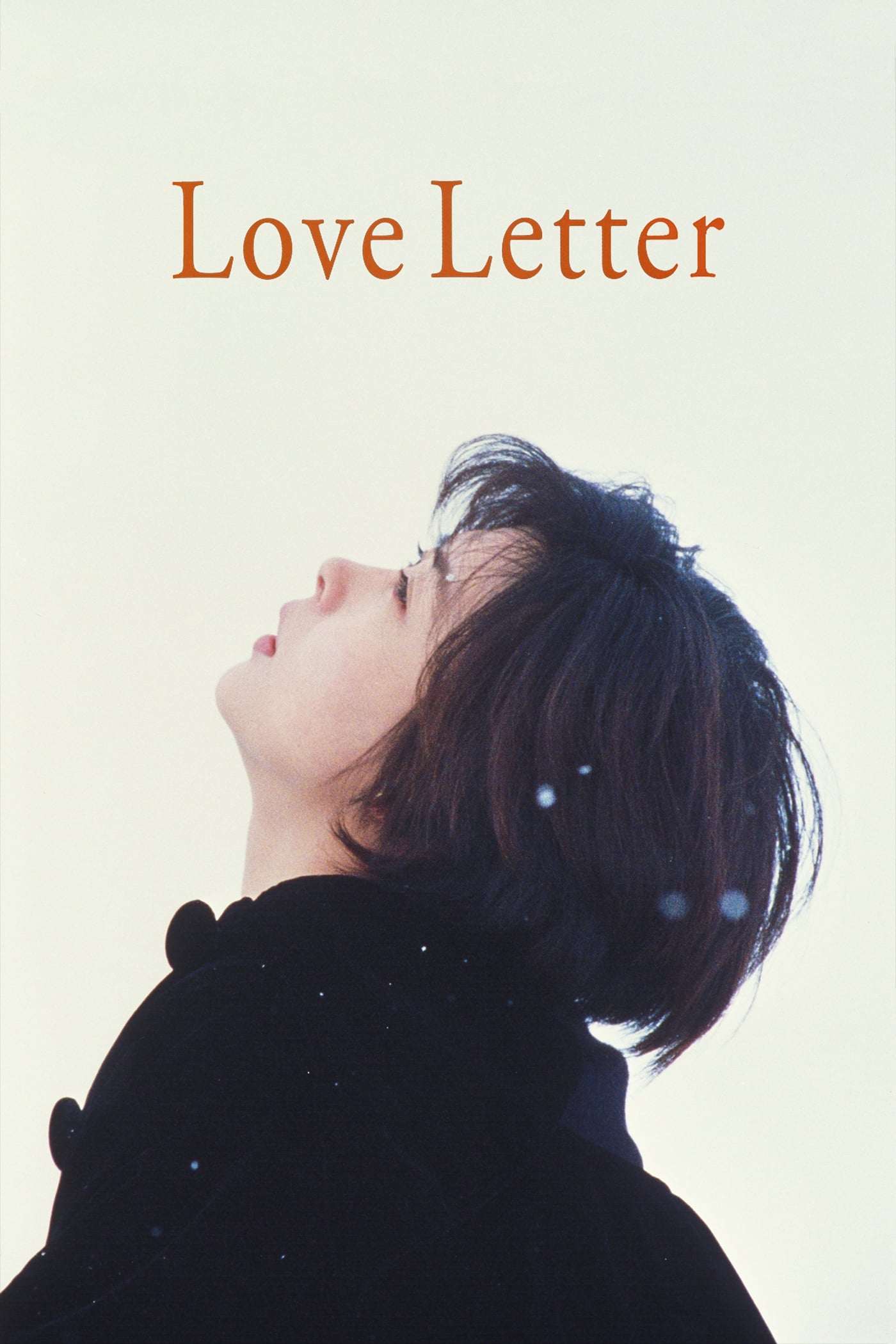
Love Letter - dir. Shunji Iwai
Something about this just did not work for me.
Kinda schmaltzy, but idk if it’s that?
I think were was a tonal disconnect between how the movie WANTED me to feel and how I really felt… did not enjoy the “look” of the film at all. 4/10.
-

Heavenly Homecoming to Stars - dir. Lee Jang-ho
I wanted to love this so bad, the vibes during the first stretches of the film were enough to overlook the way the main character was written (not a fan of the sexist tendency to write grown women like coquettish little girls), but then the film just turns into a pretty bleak montage of sadness and torment for her, and the sexism starts to become a problem. 5/10.
-

Ghost in the Shell - dir. Mamoru Oshii
Got nothing original to say about this, just know that I think it’s pretty good.
Elite vibes, basically exactly what I crave in sci-fi (minus the aliens and minus the cosmic horror which Akira delivered).
Cool concept, executed stylishly.
Makes me wanna check out more Oshii work. 7/10.